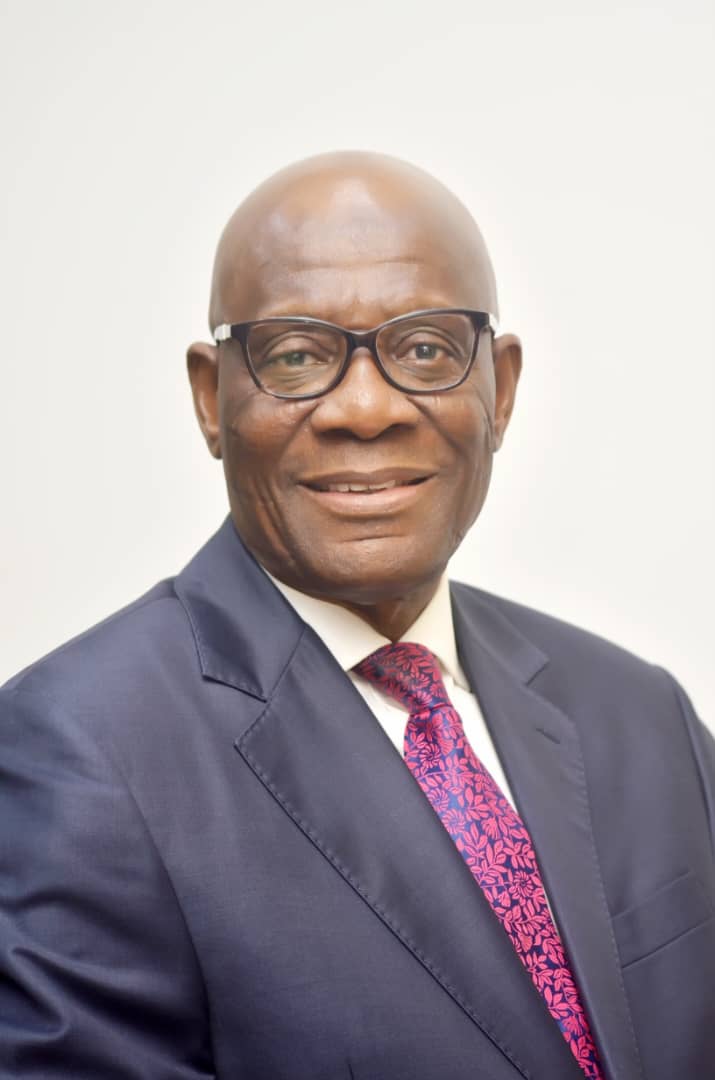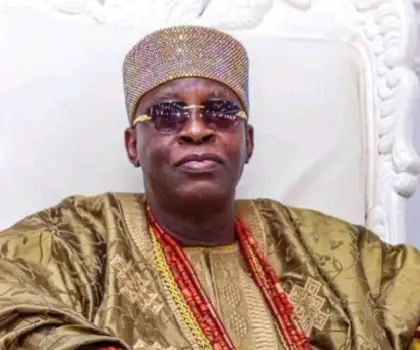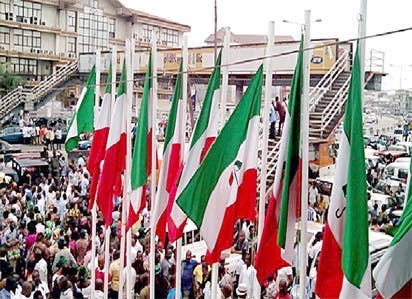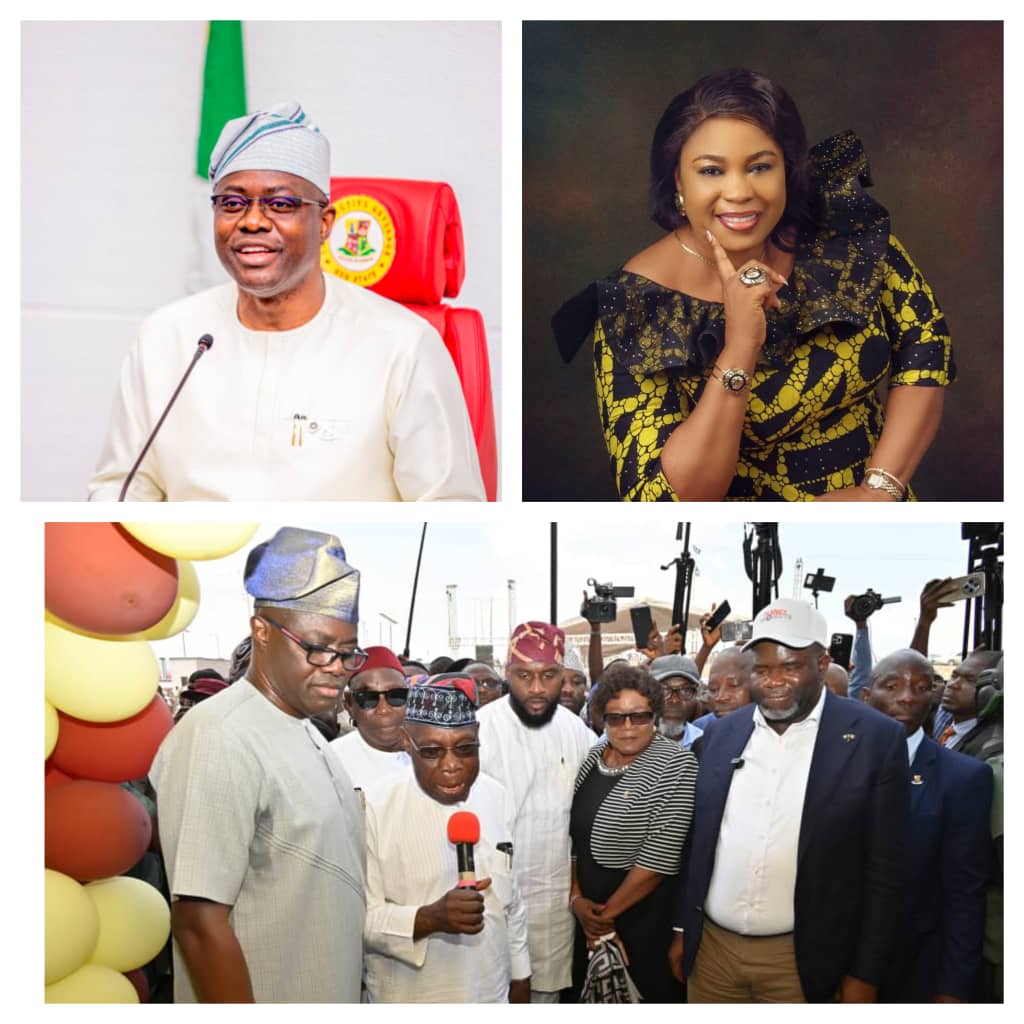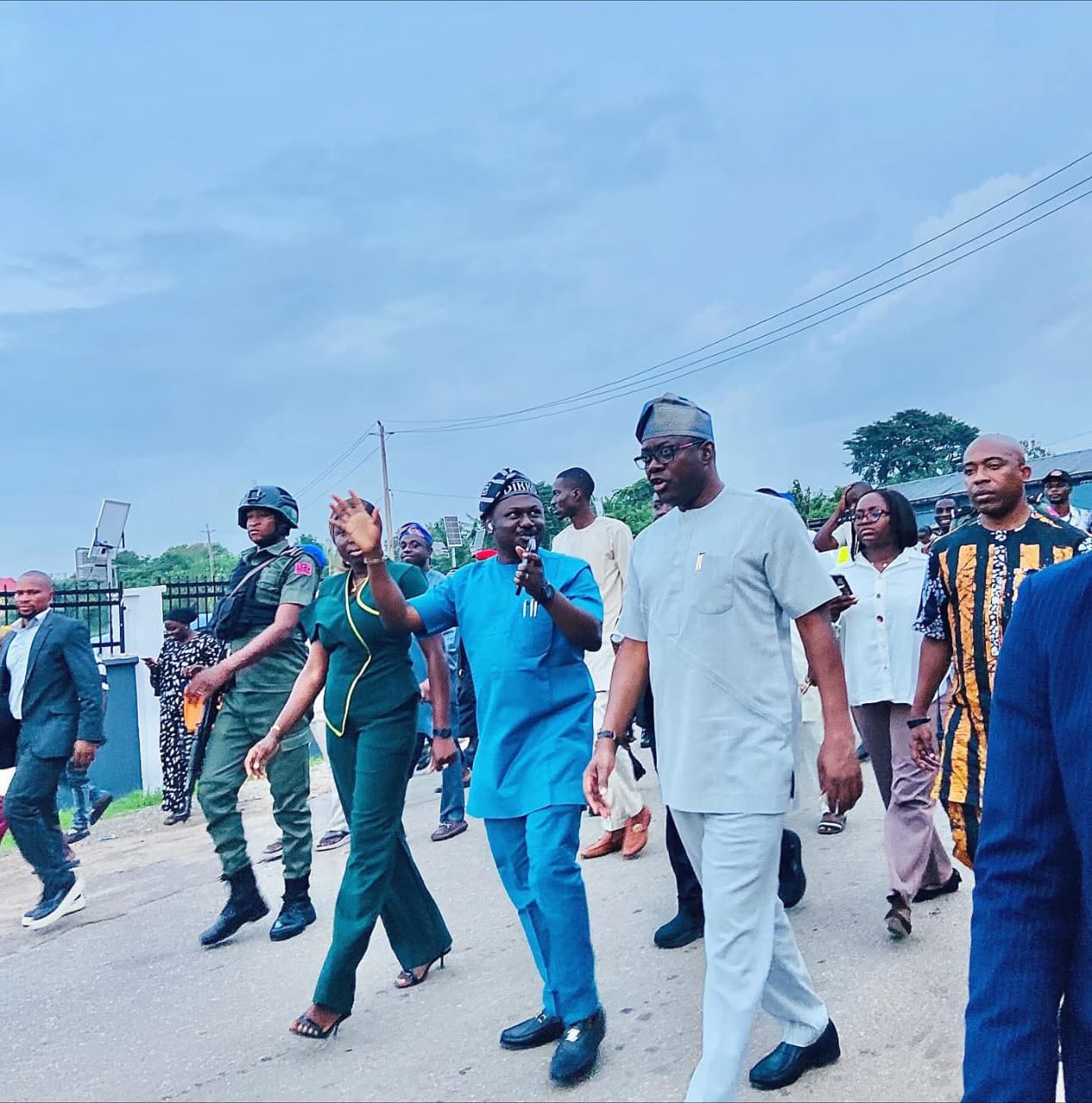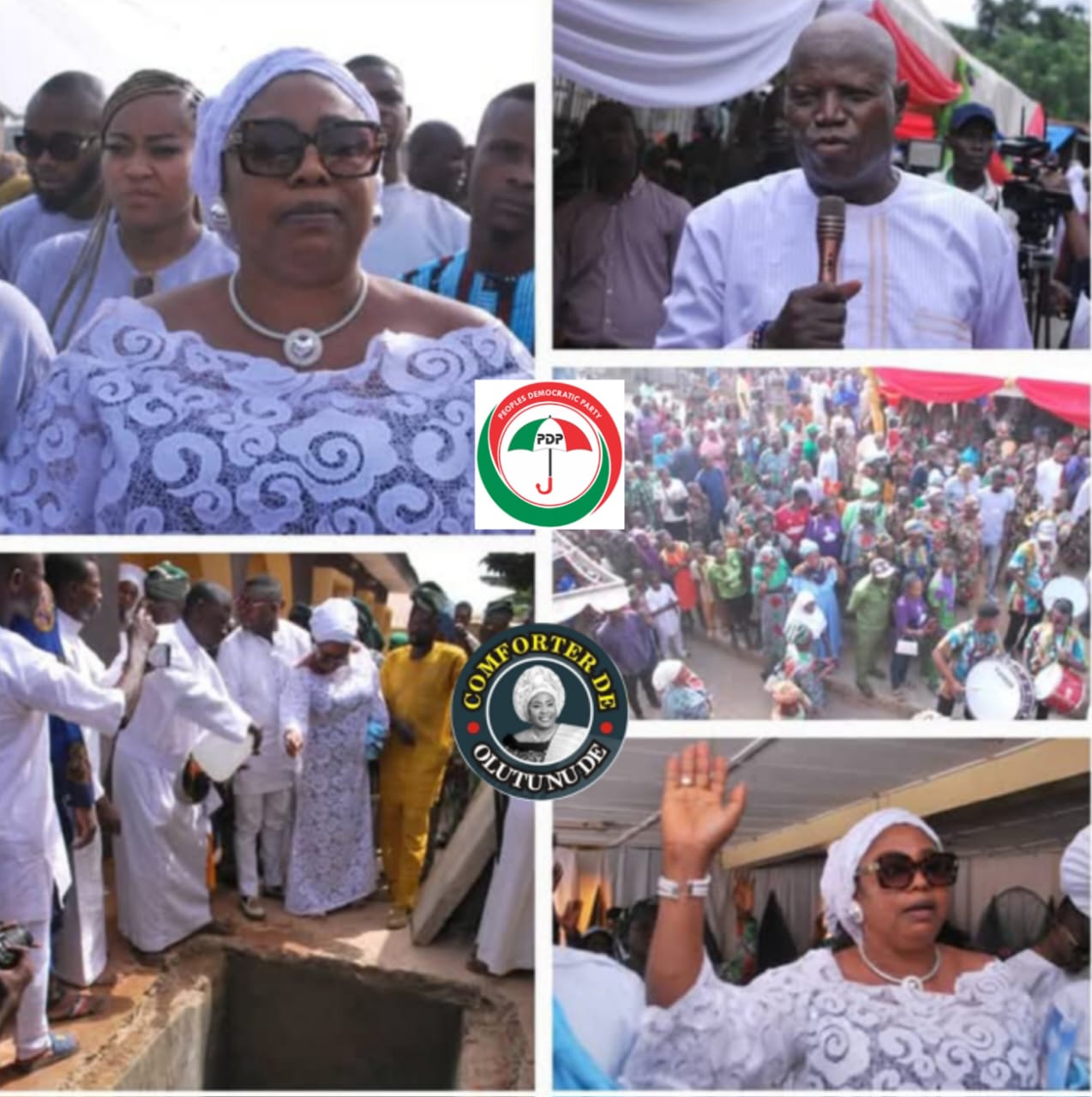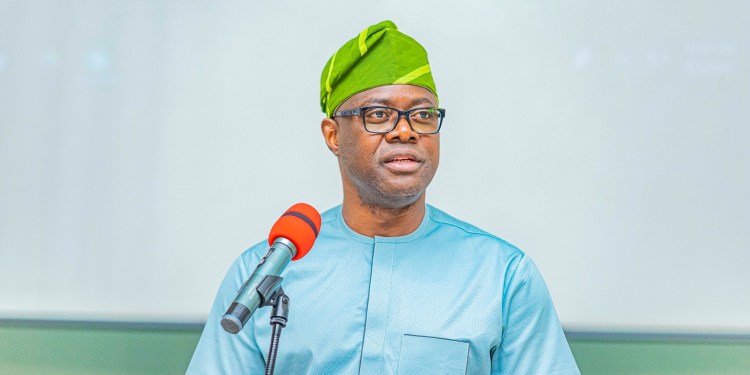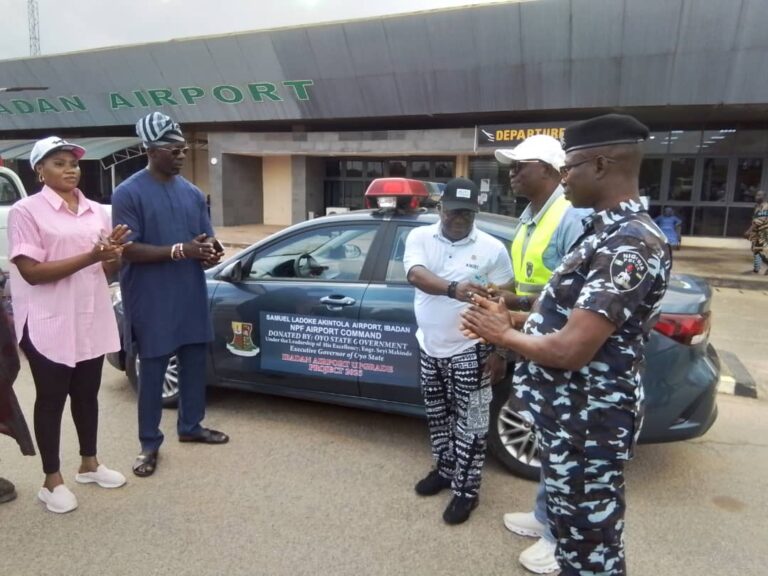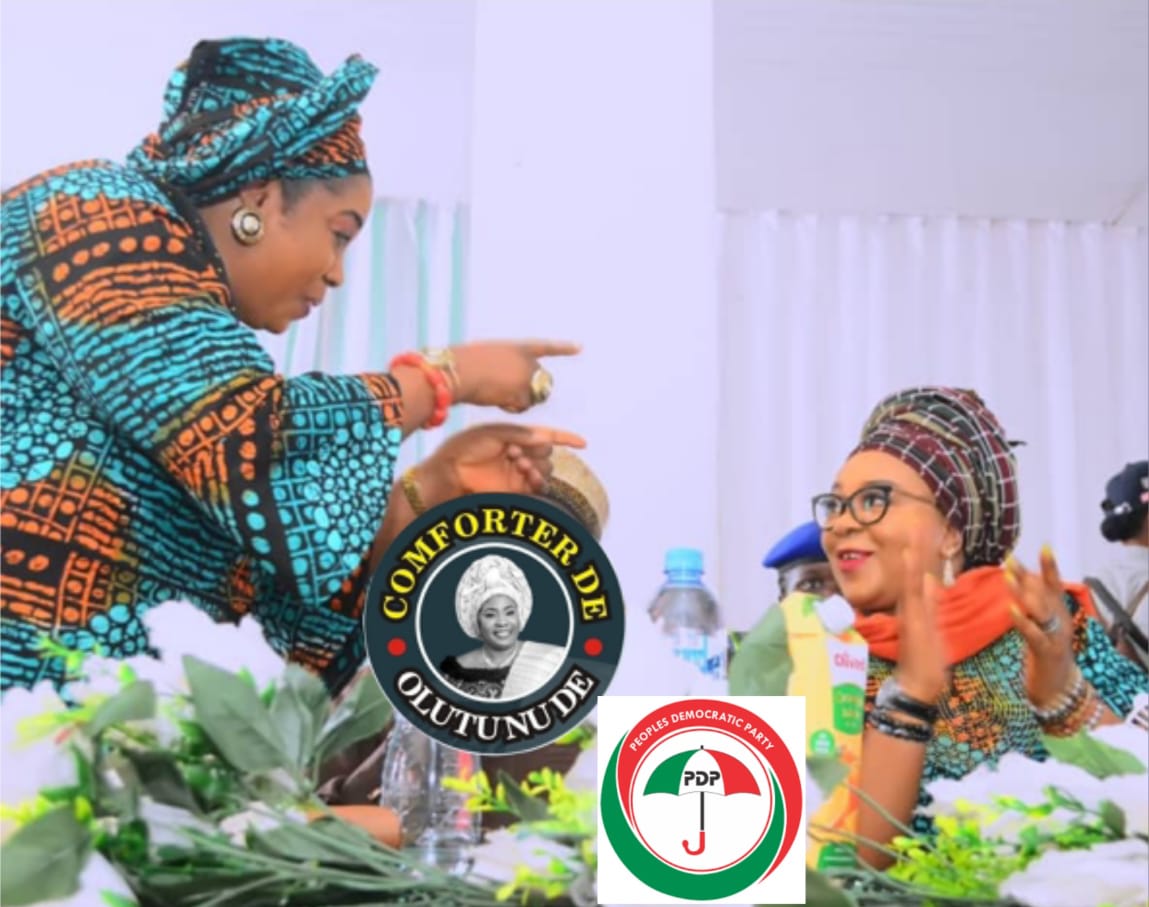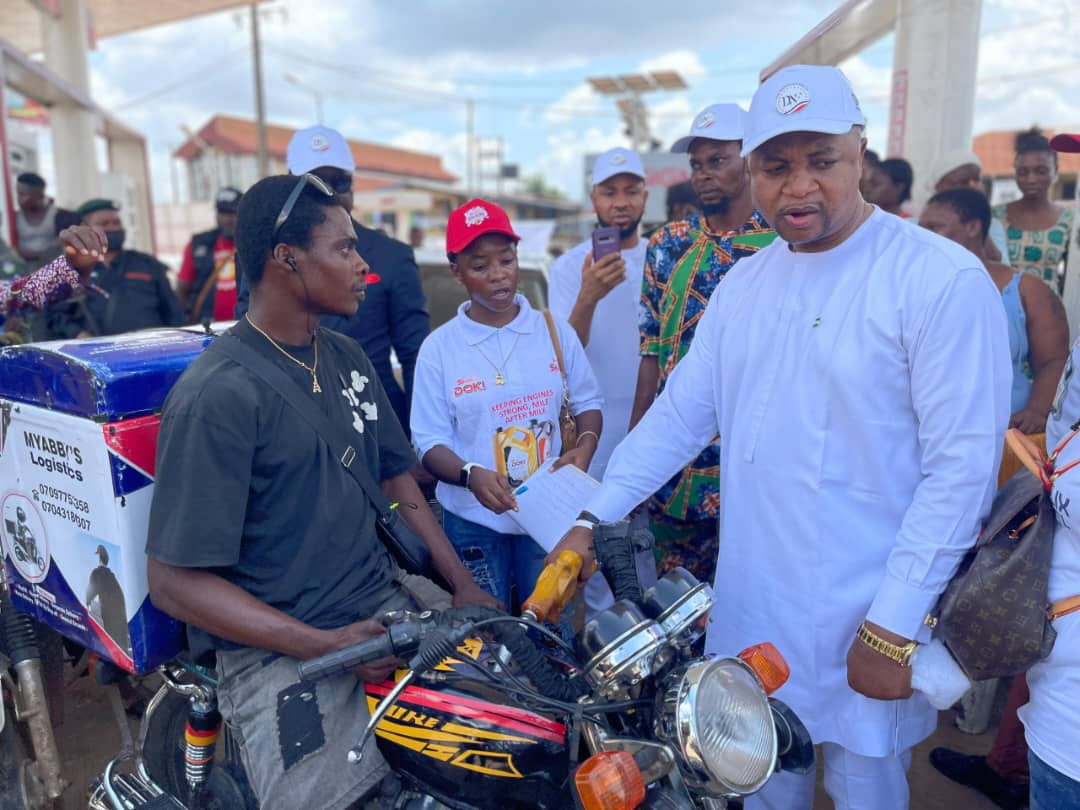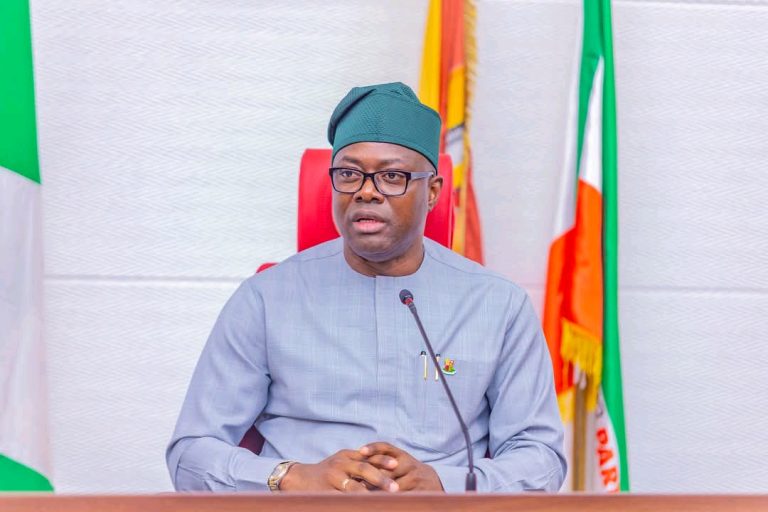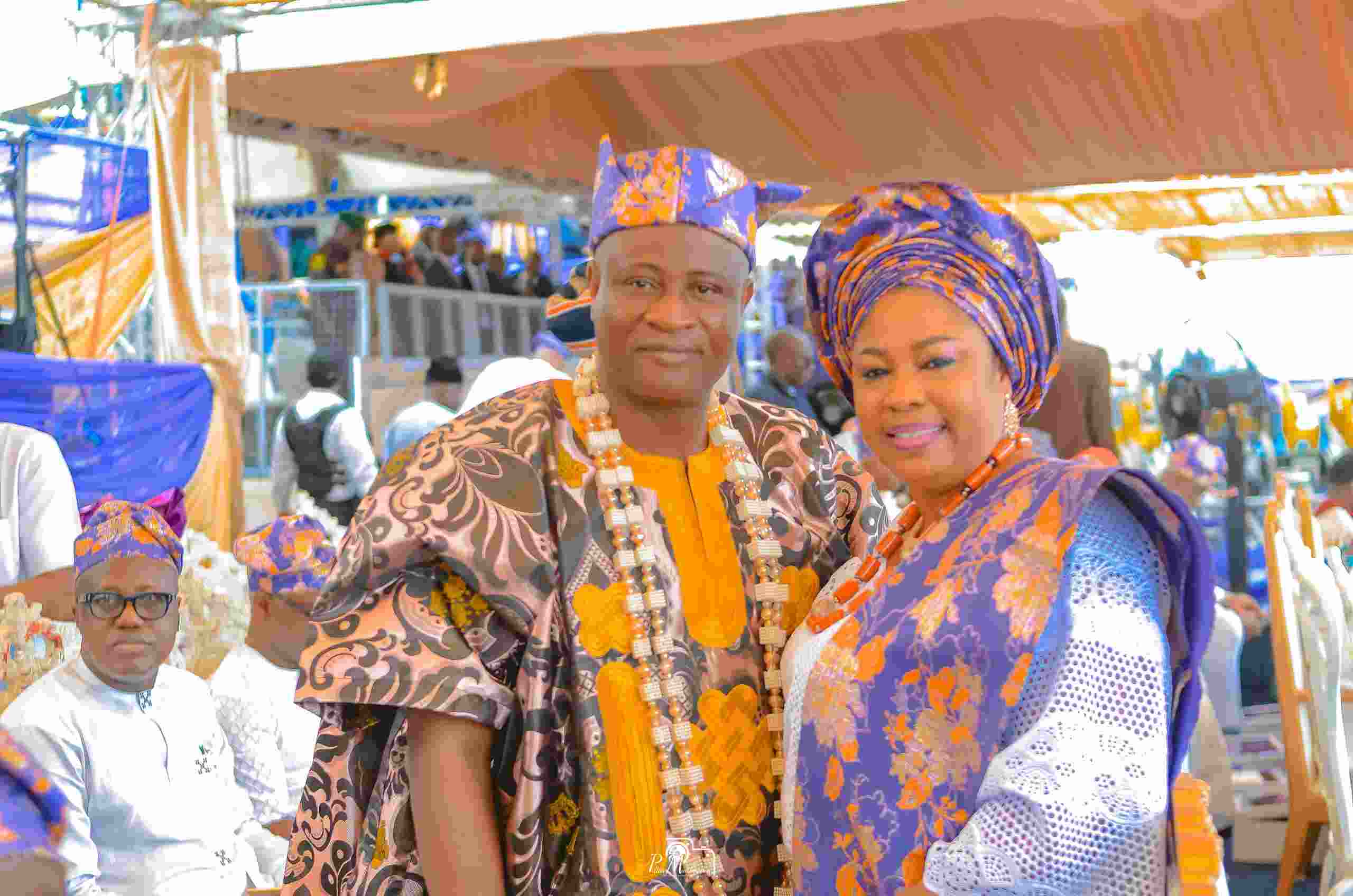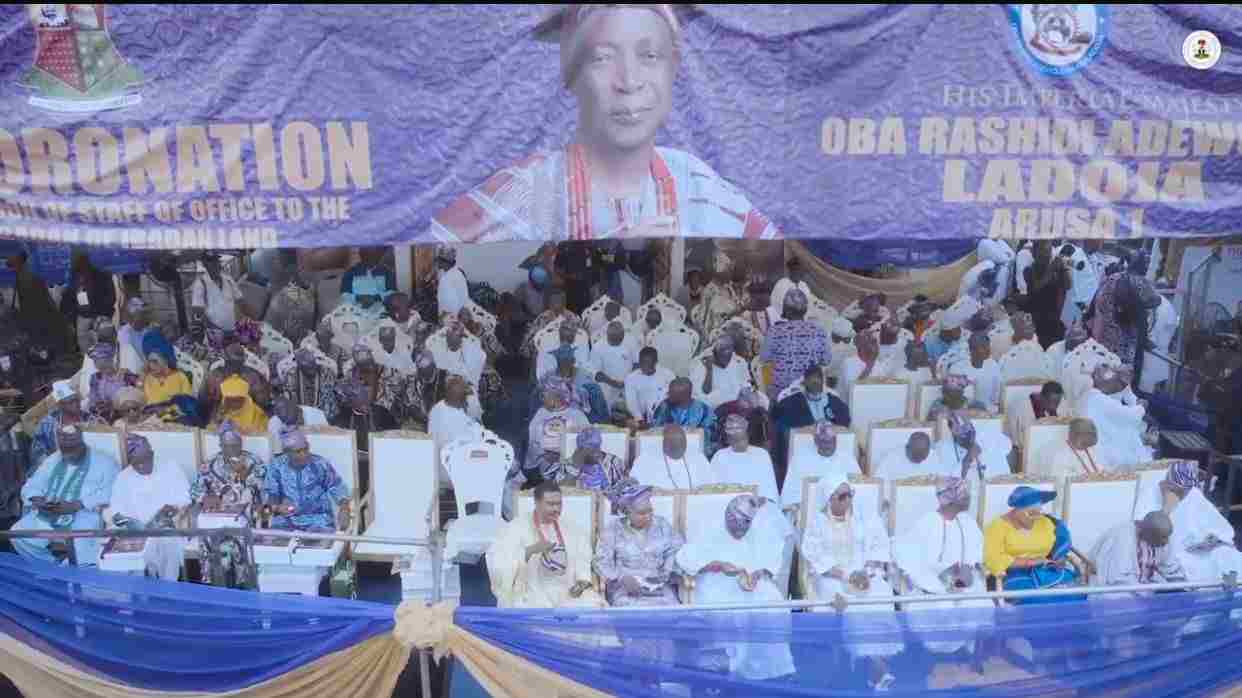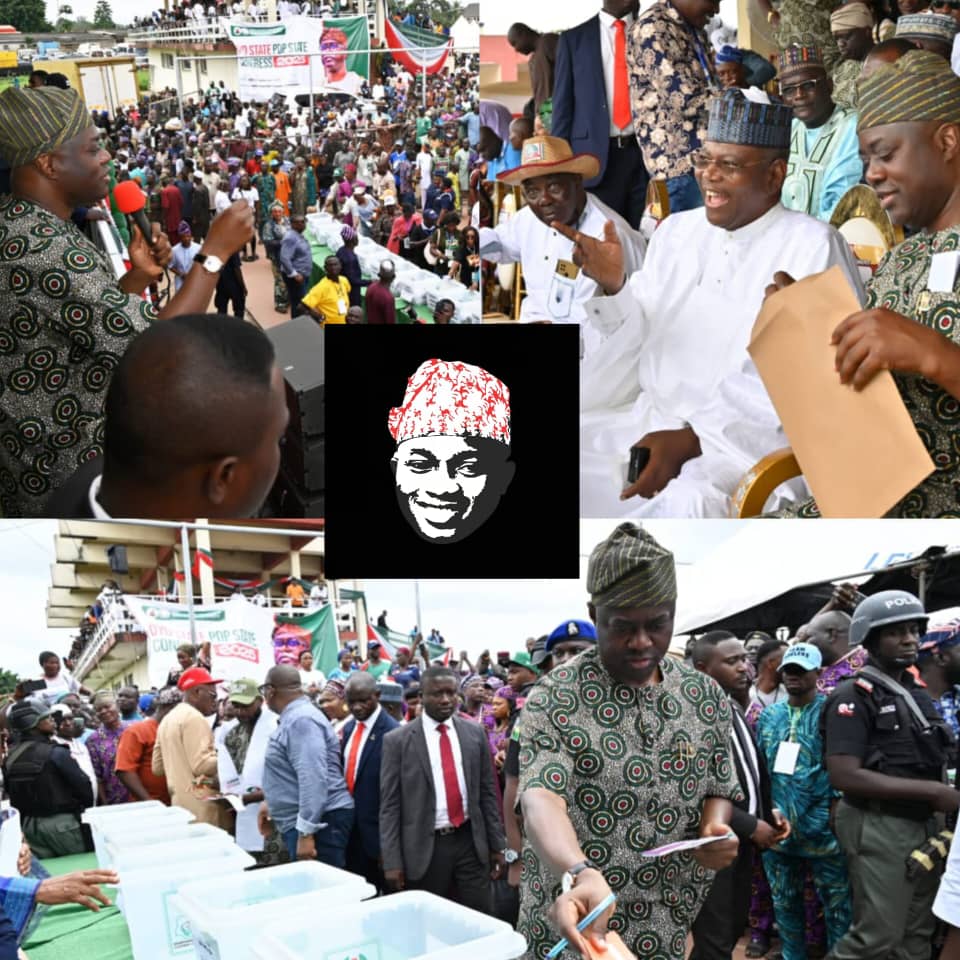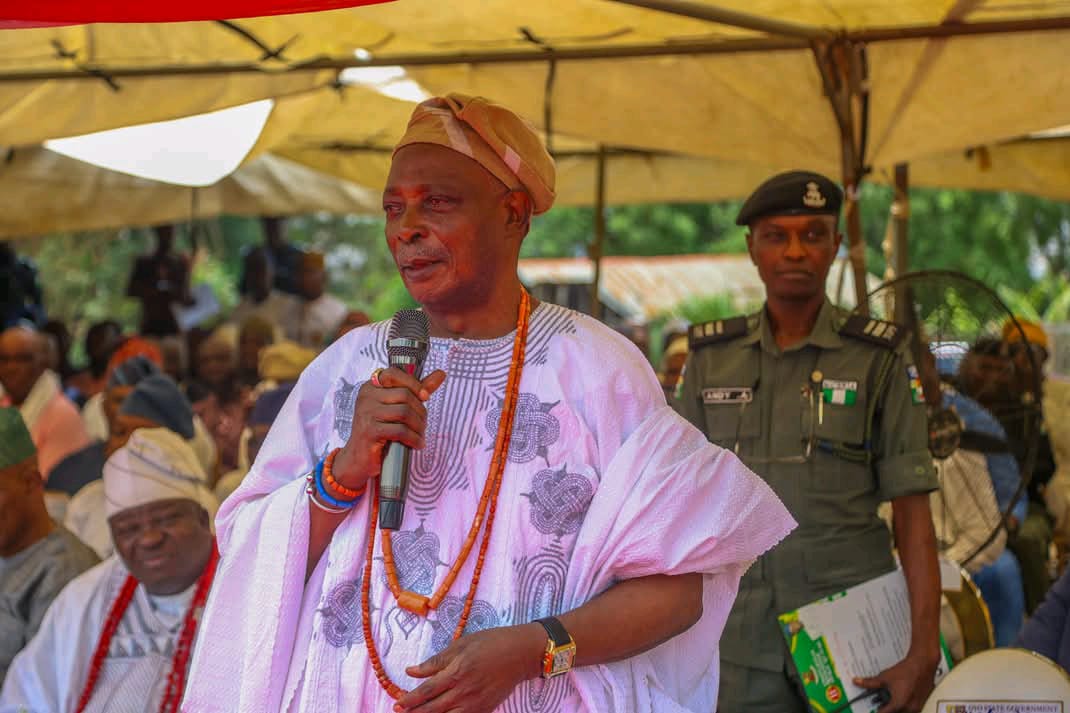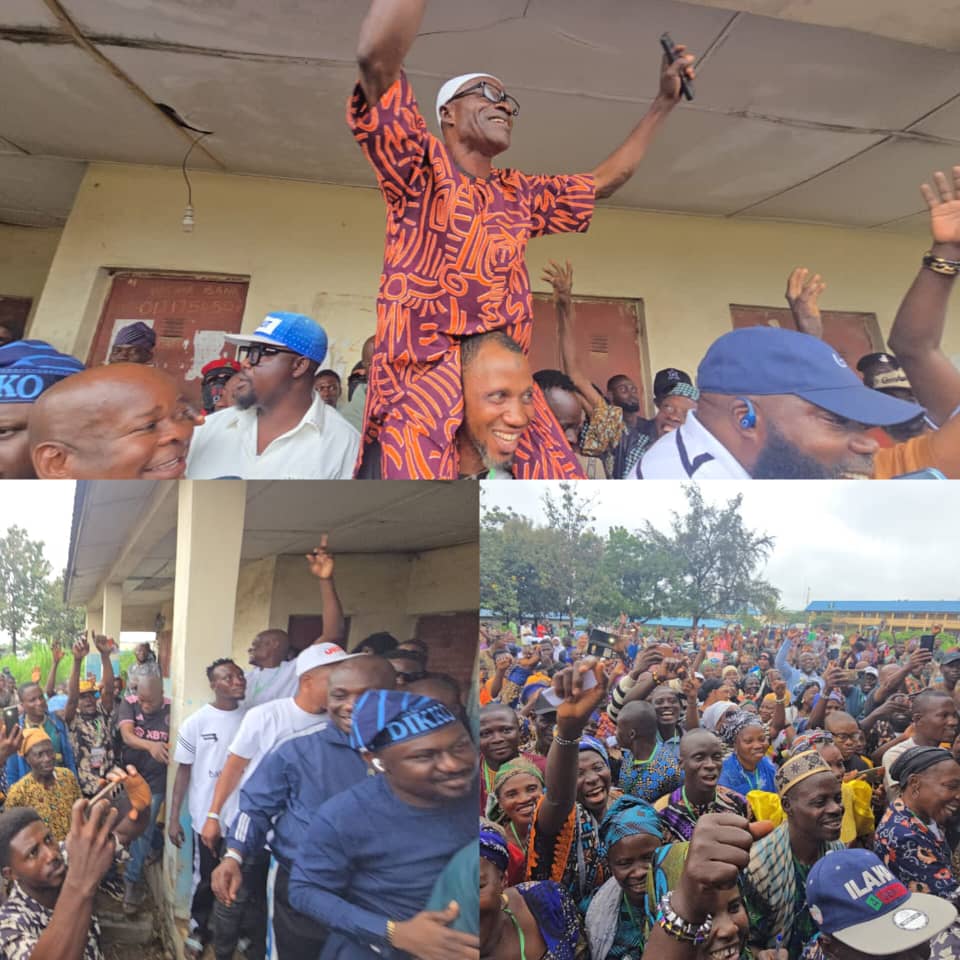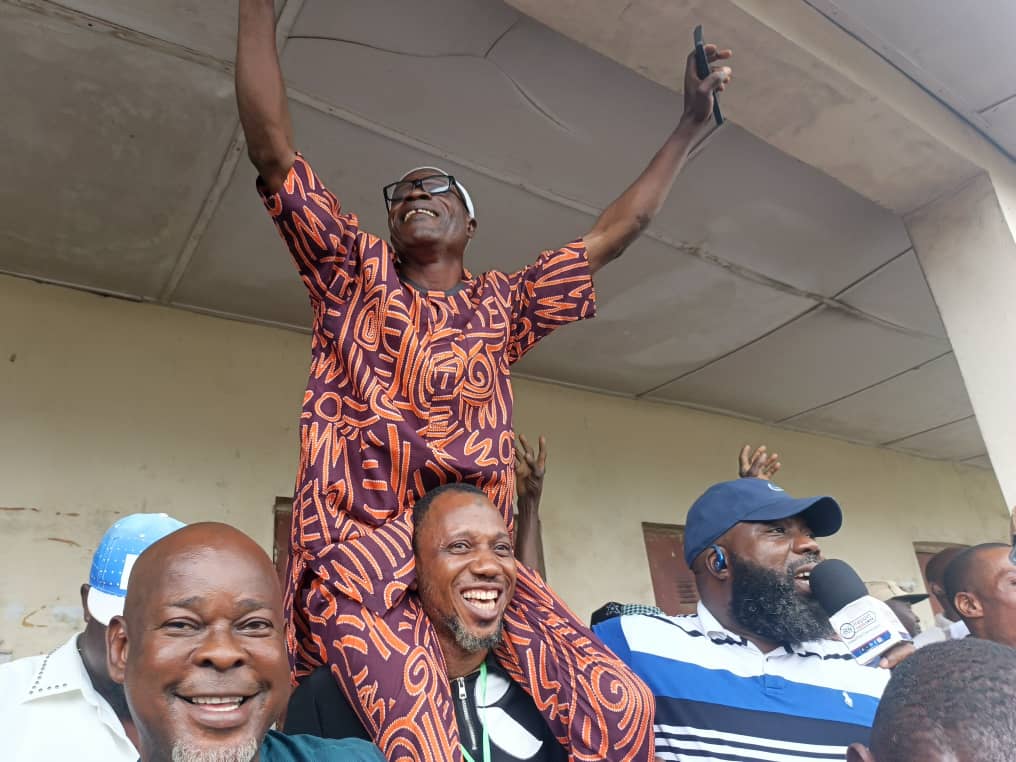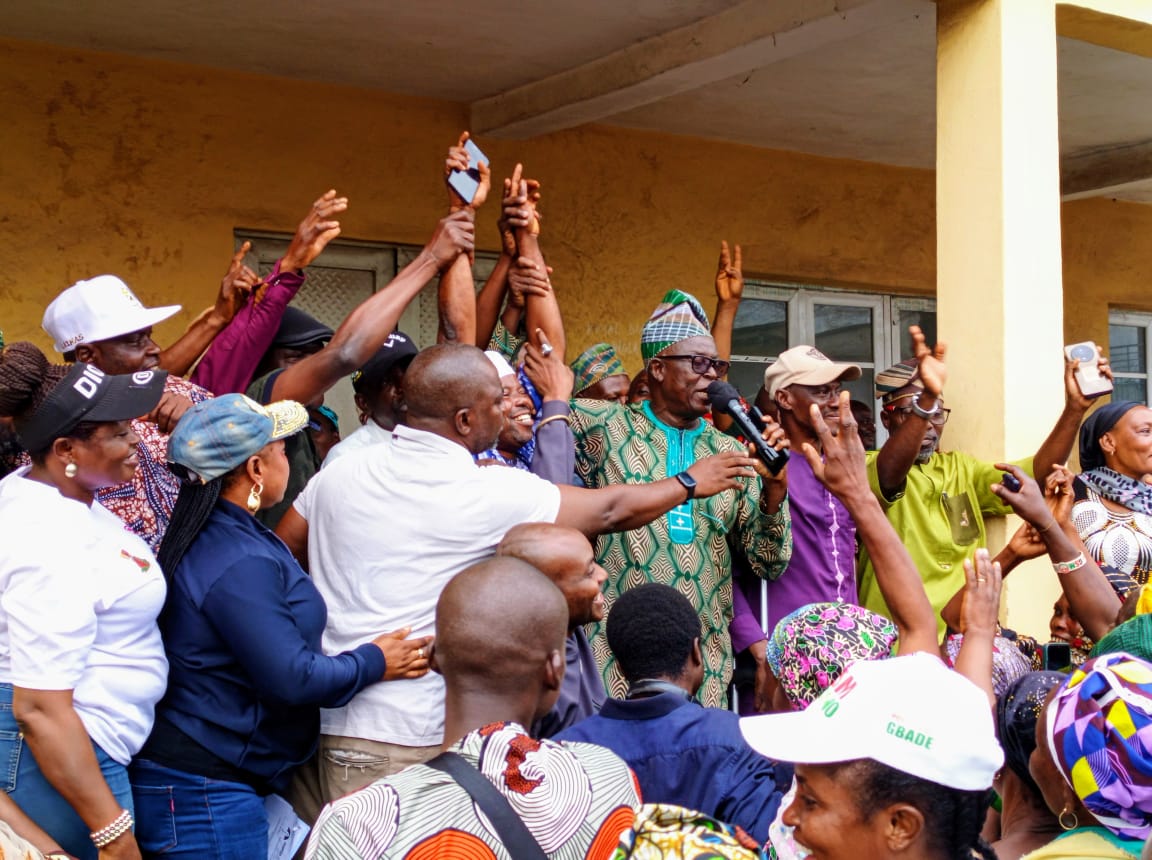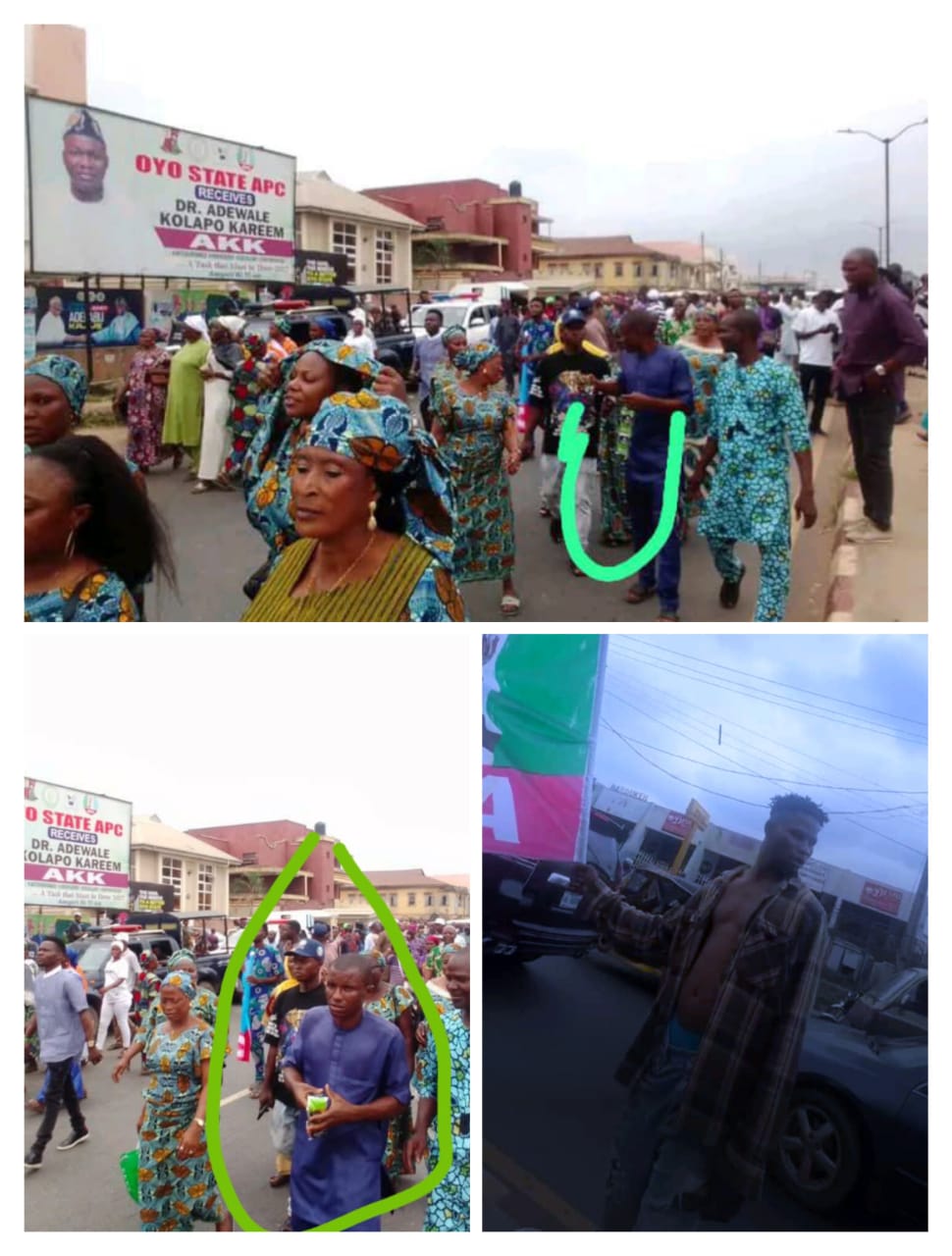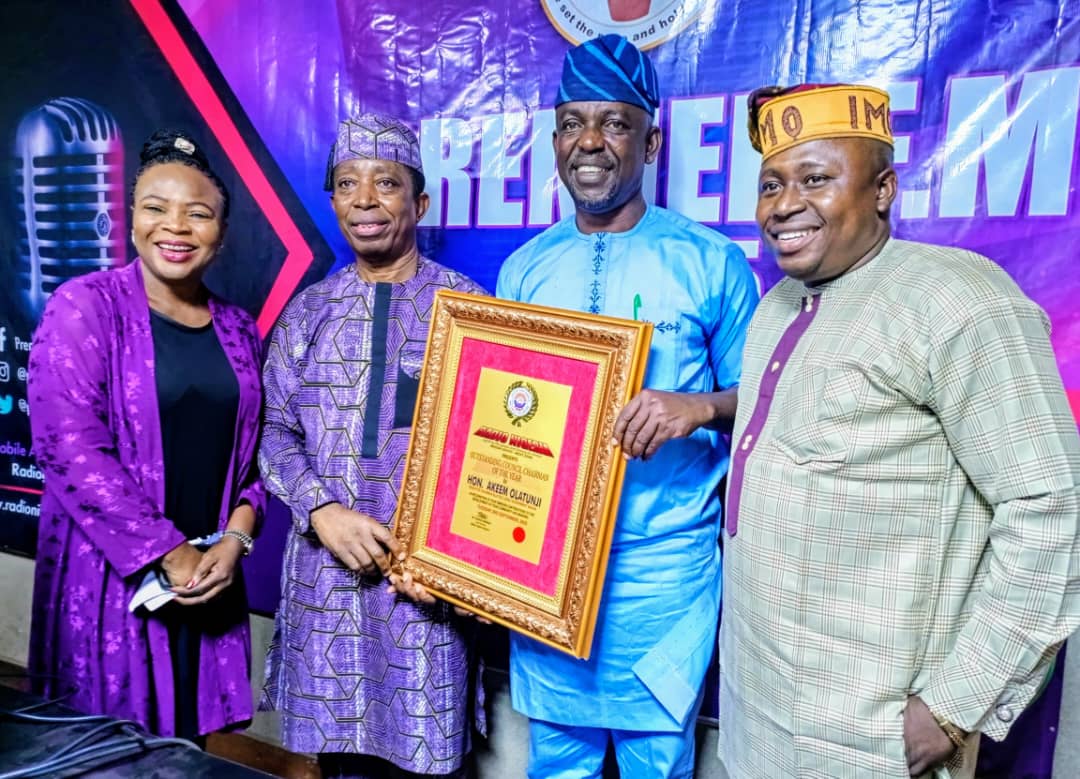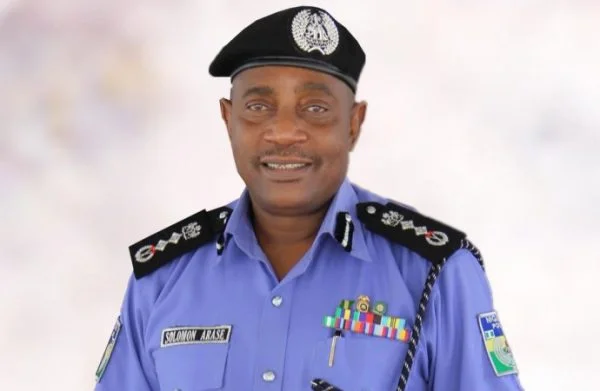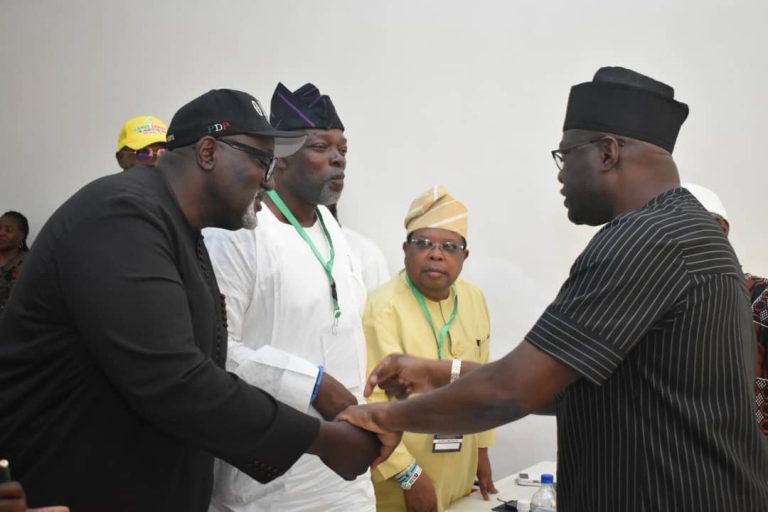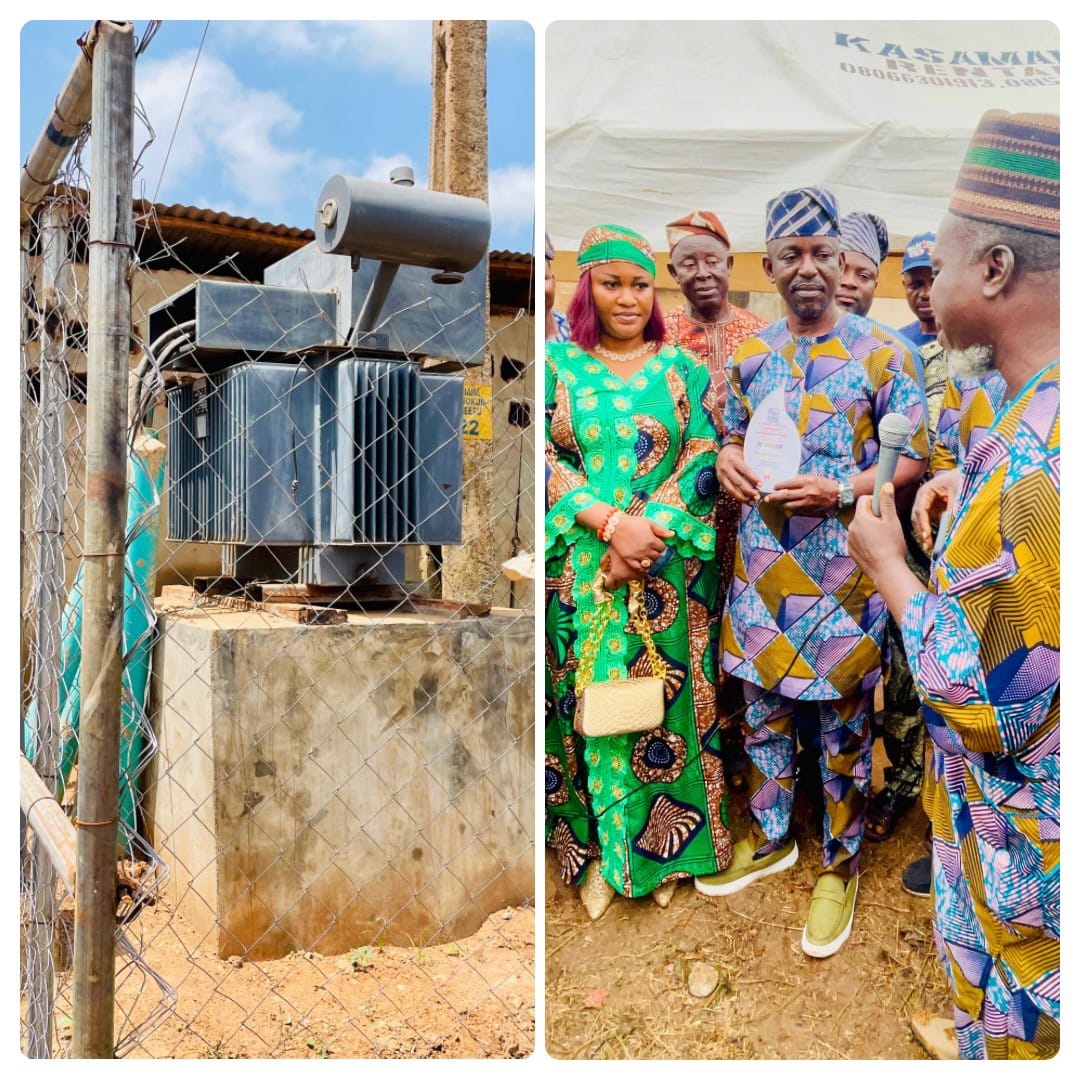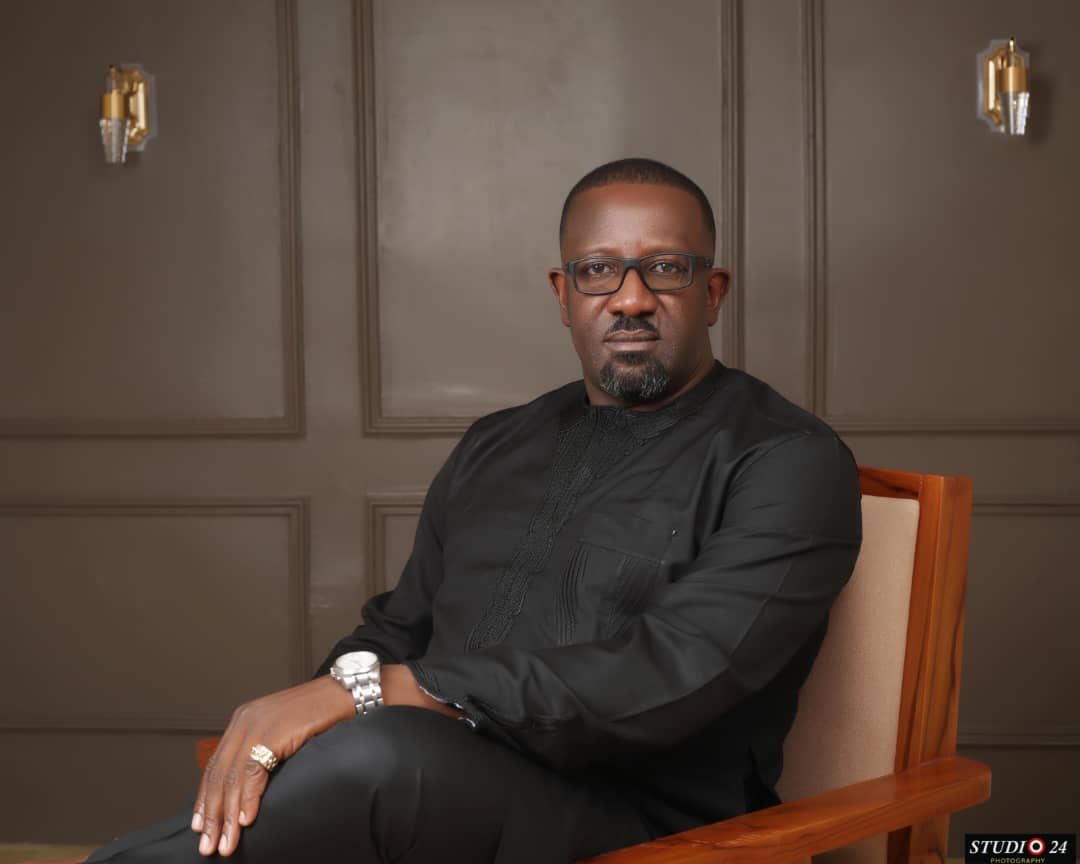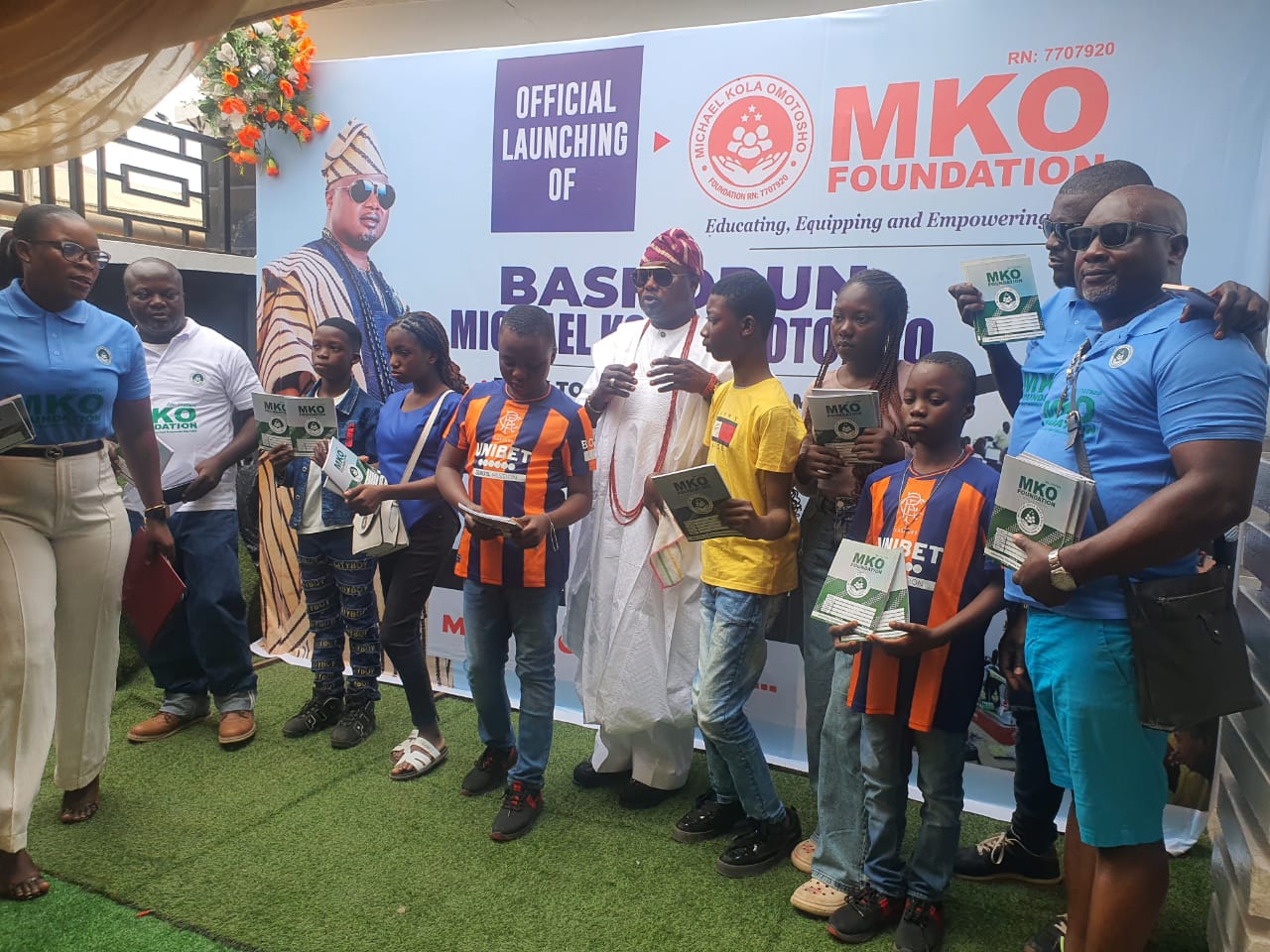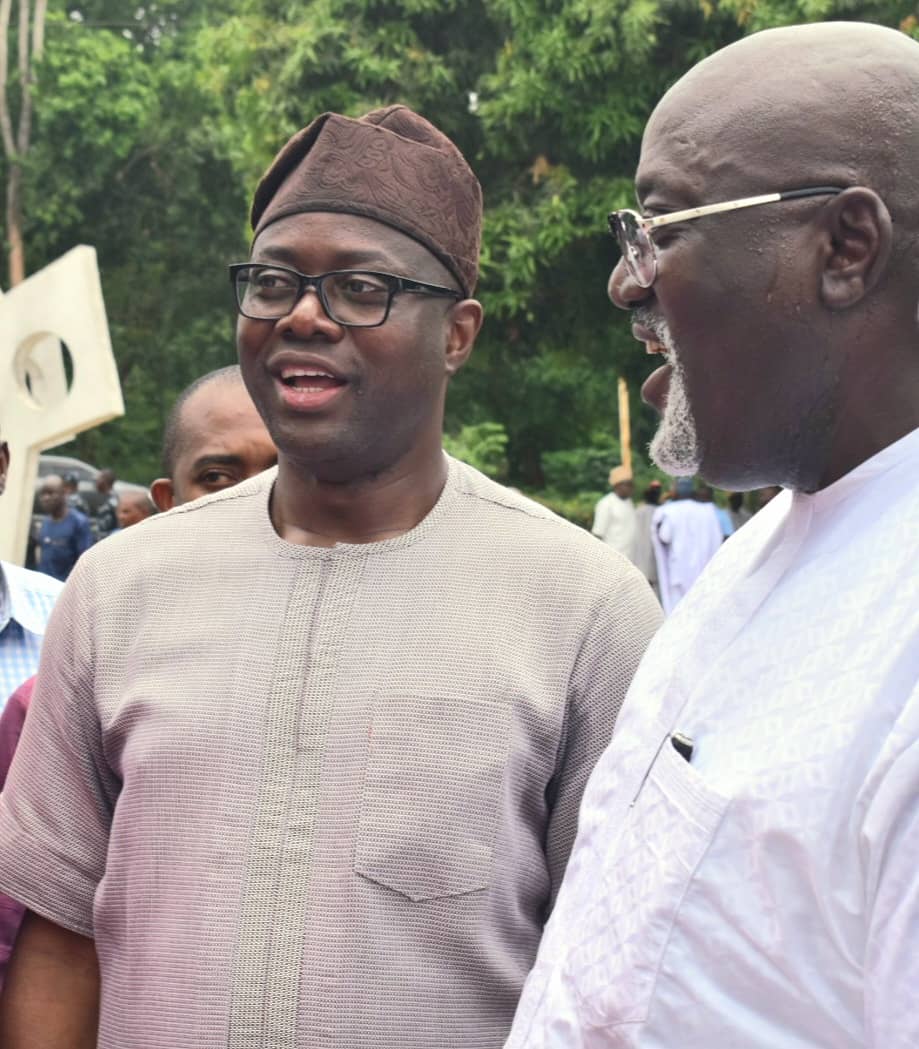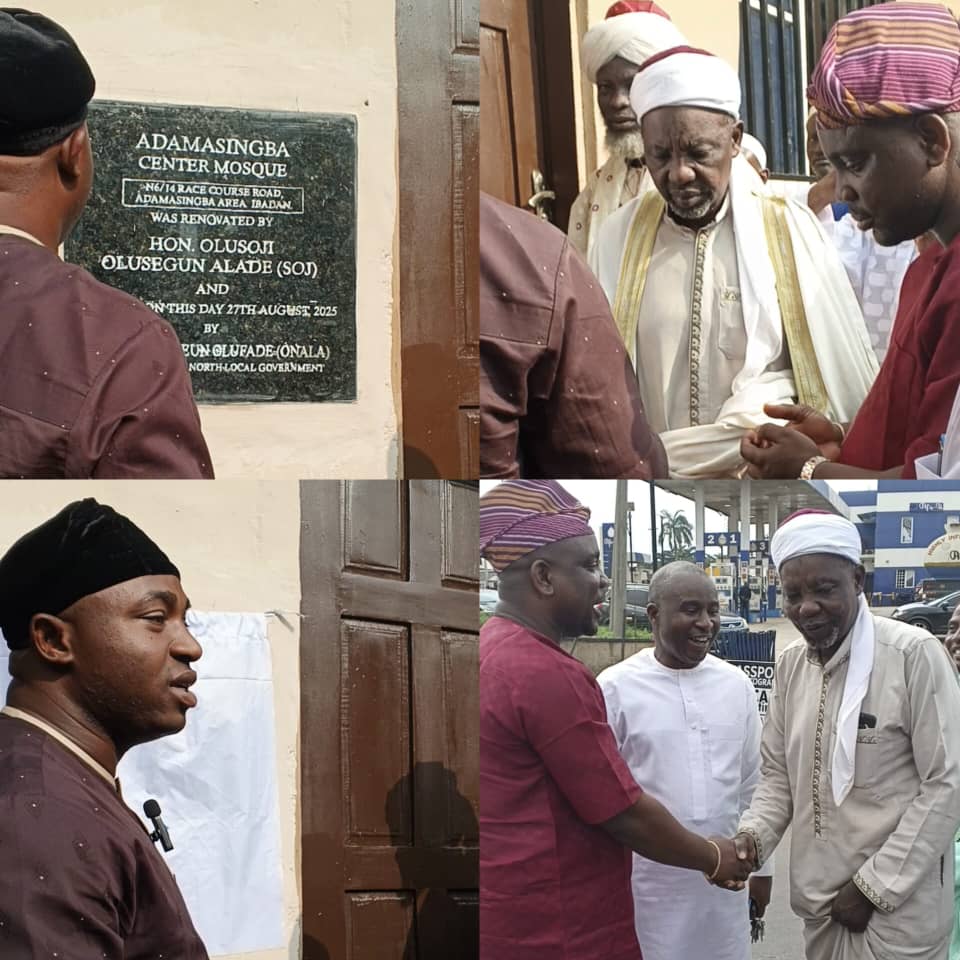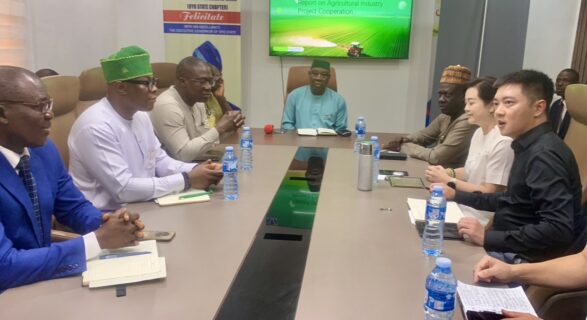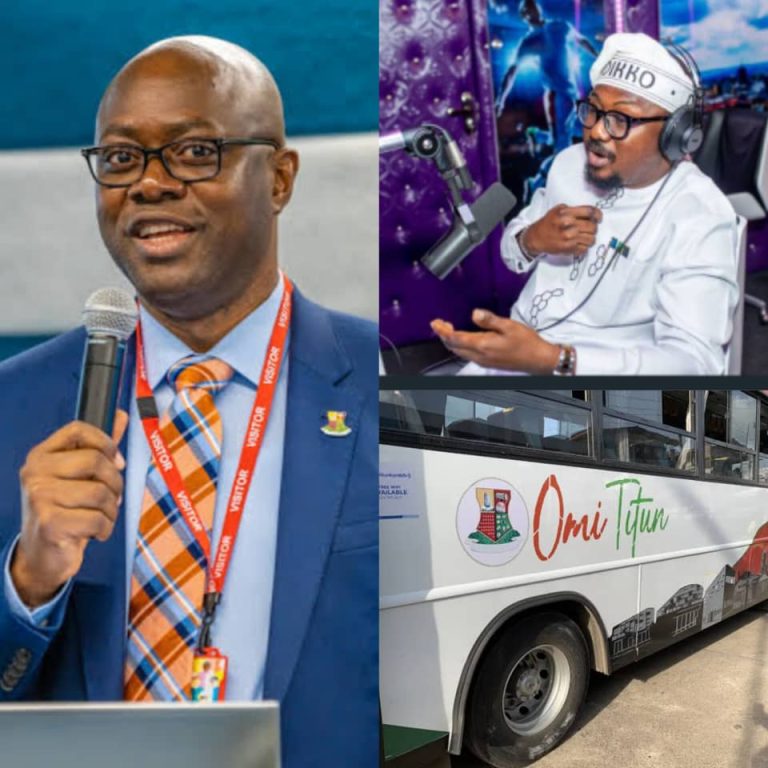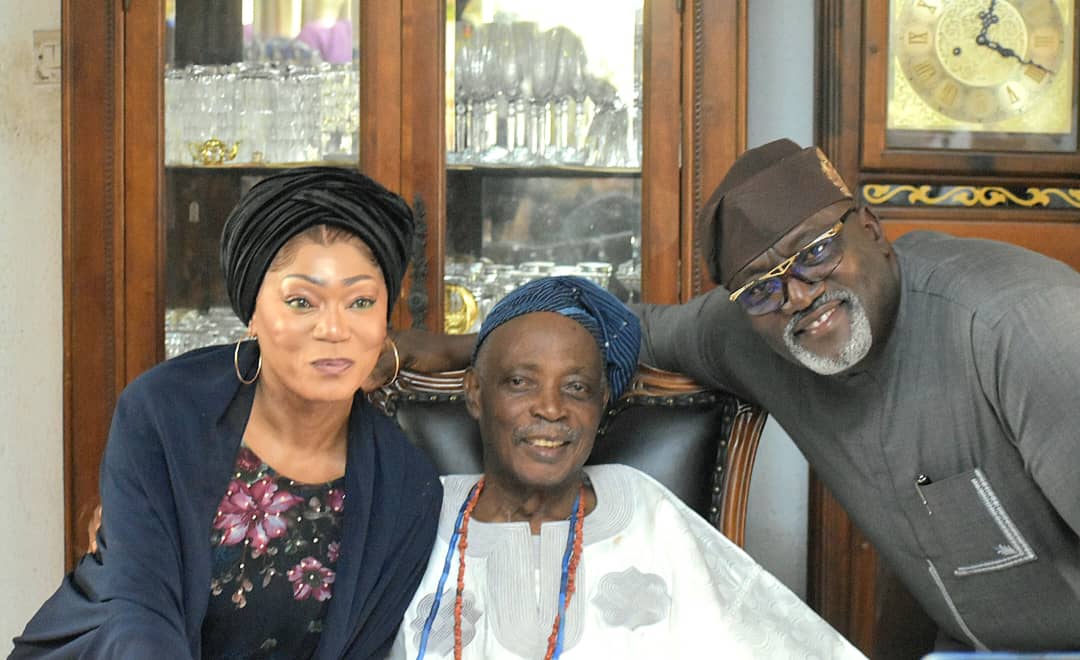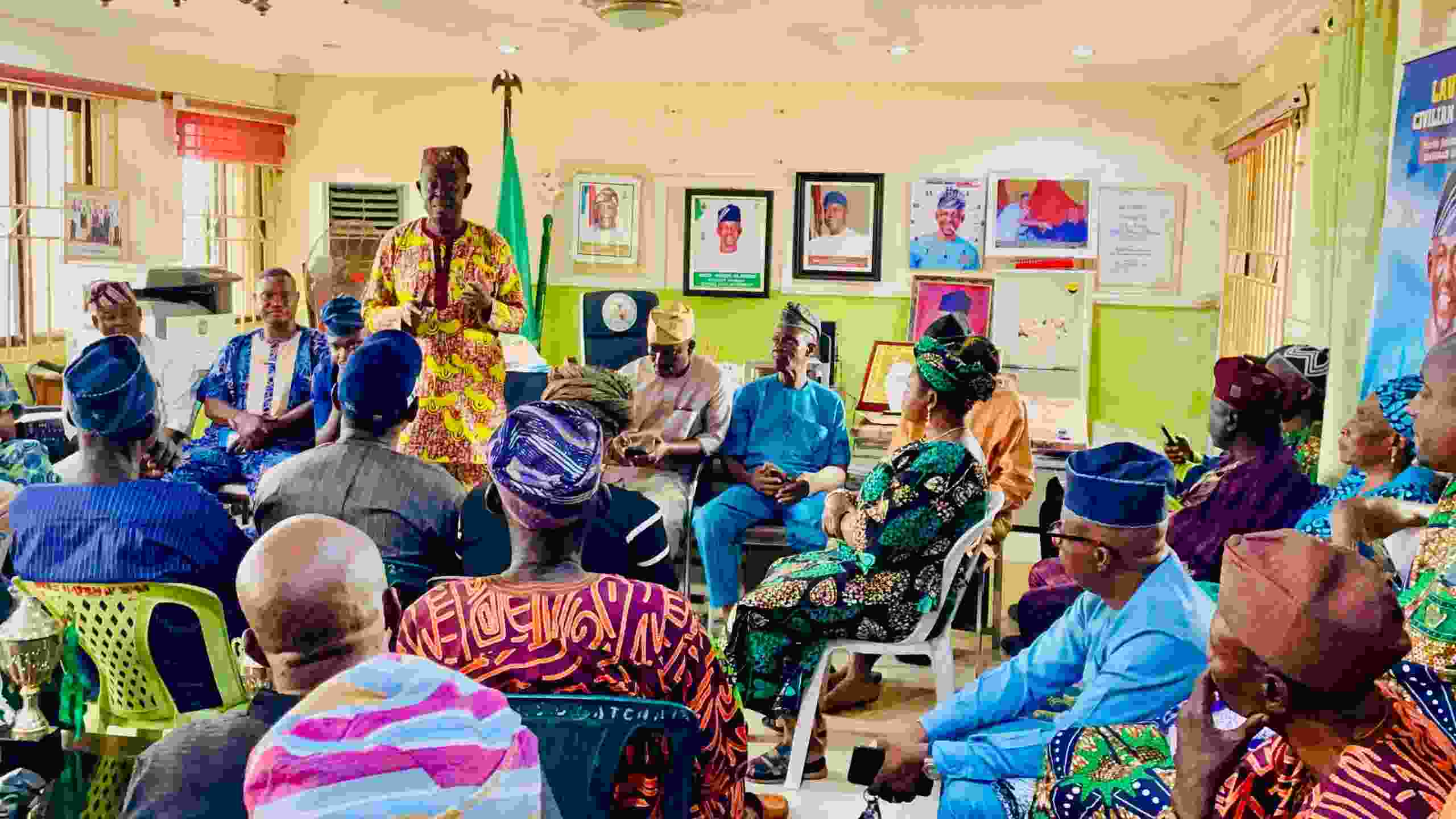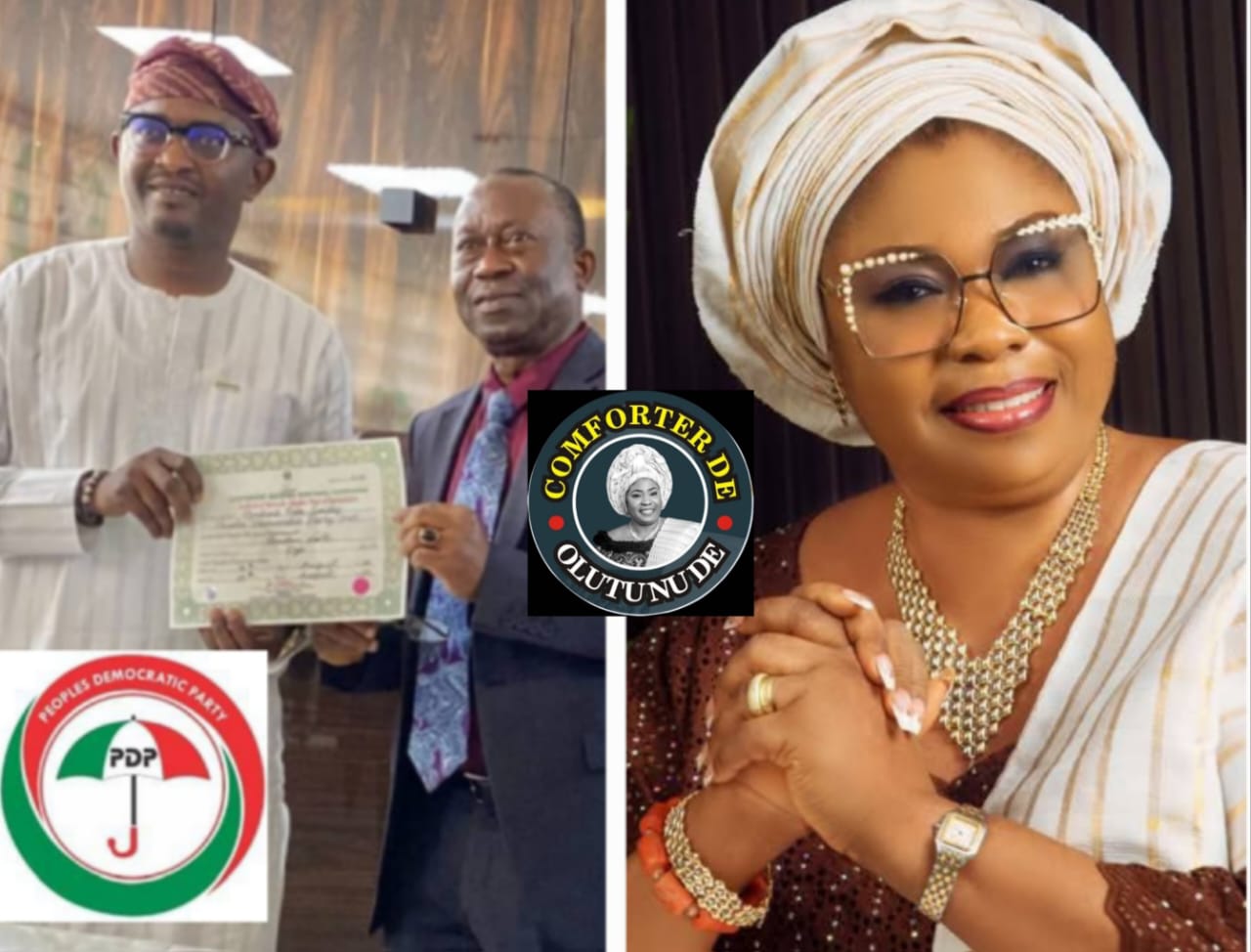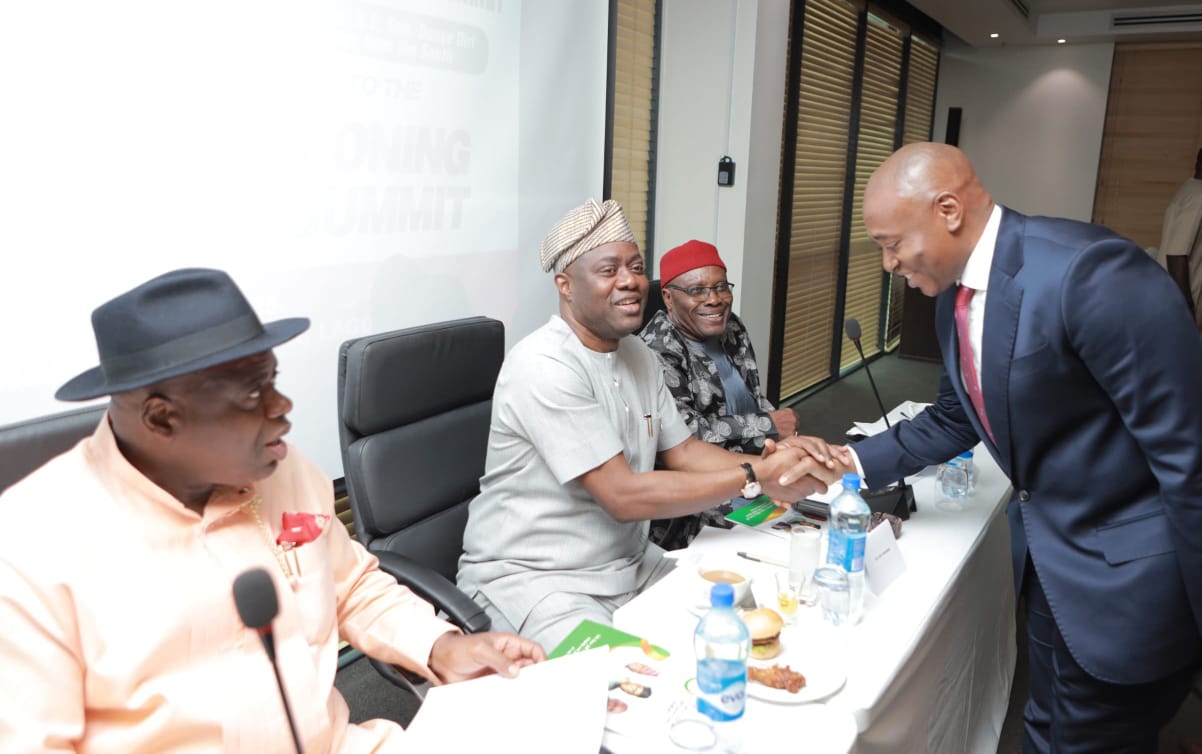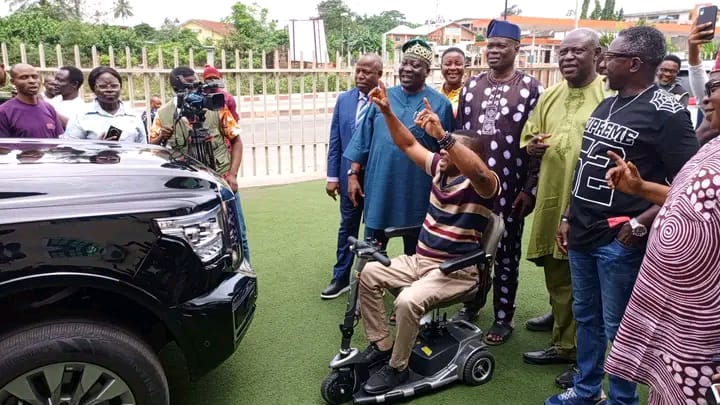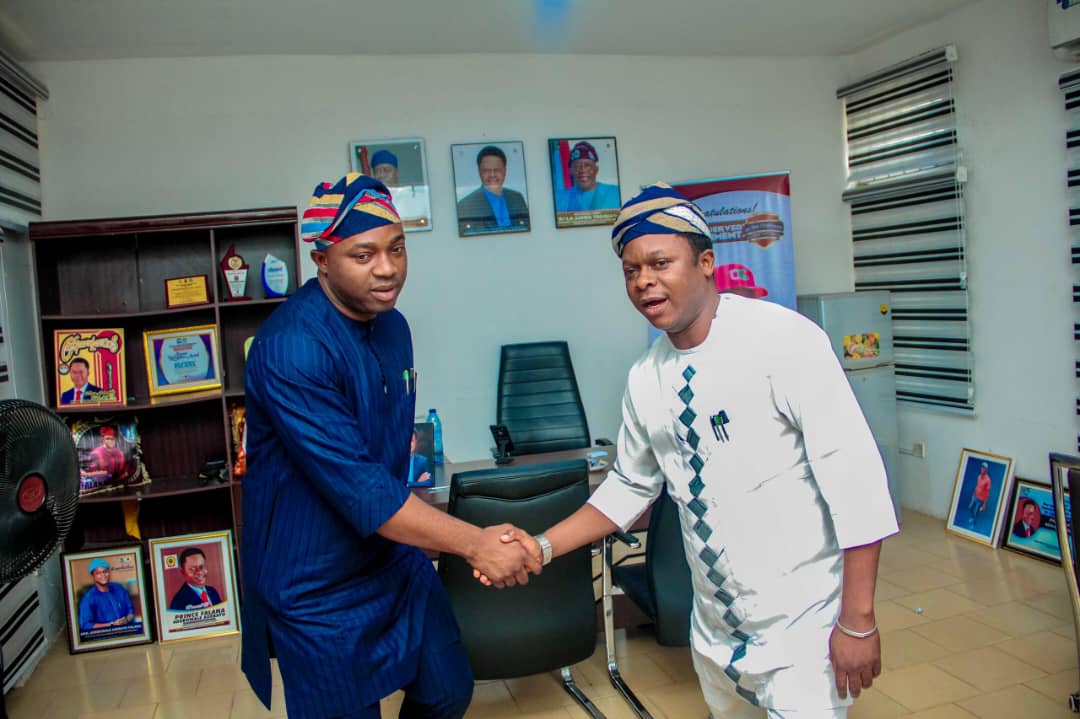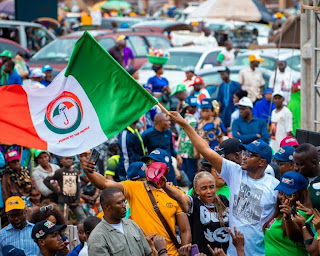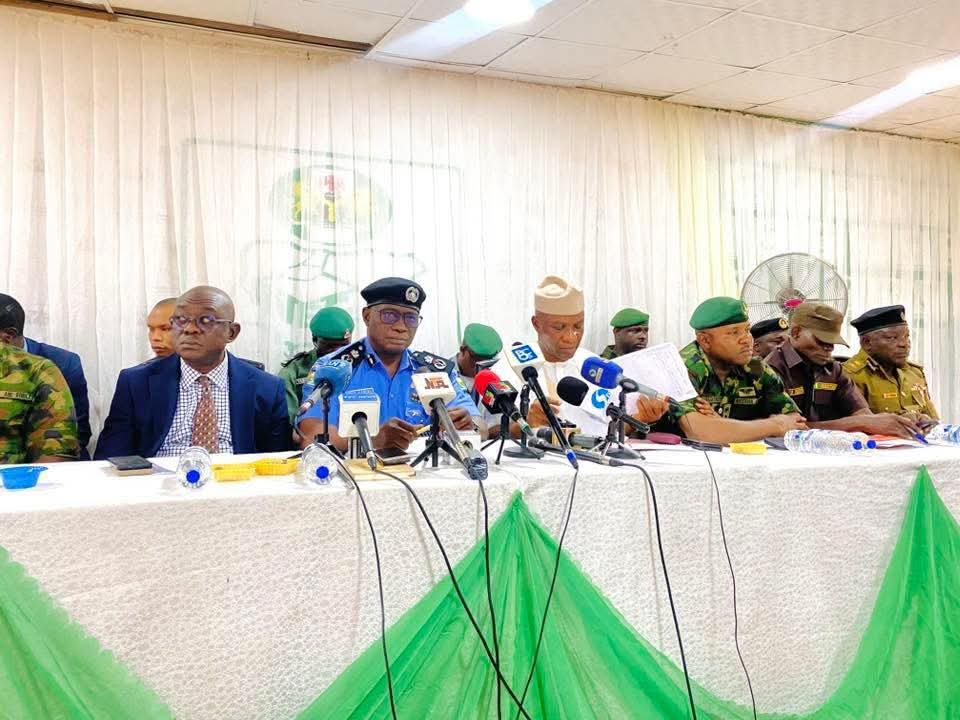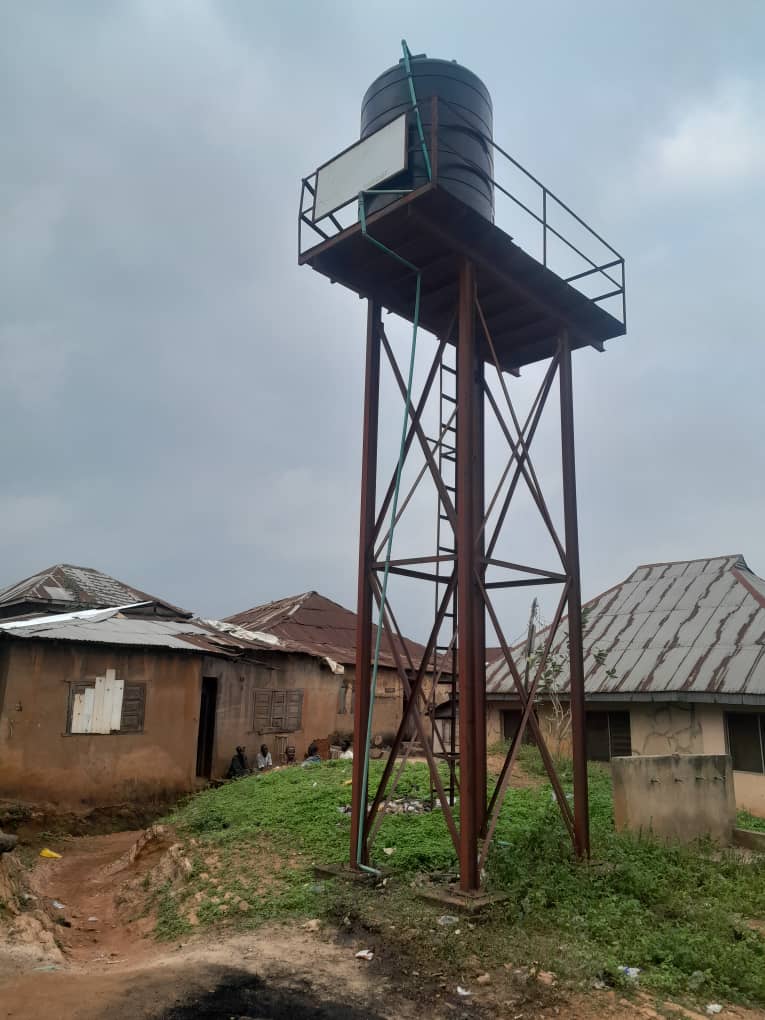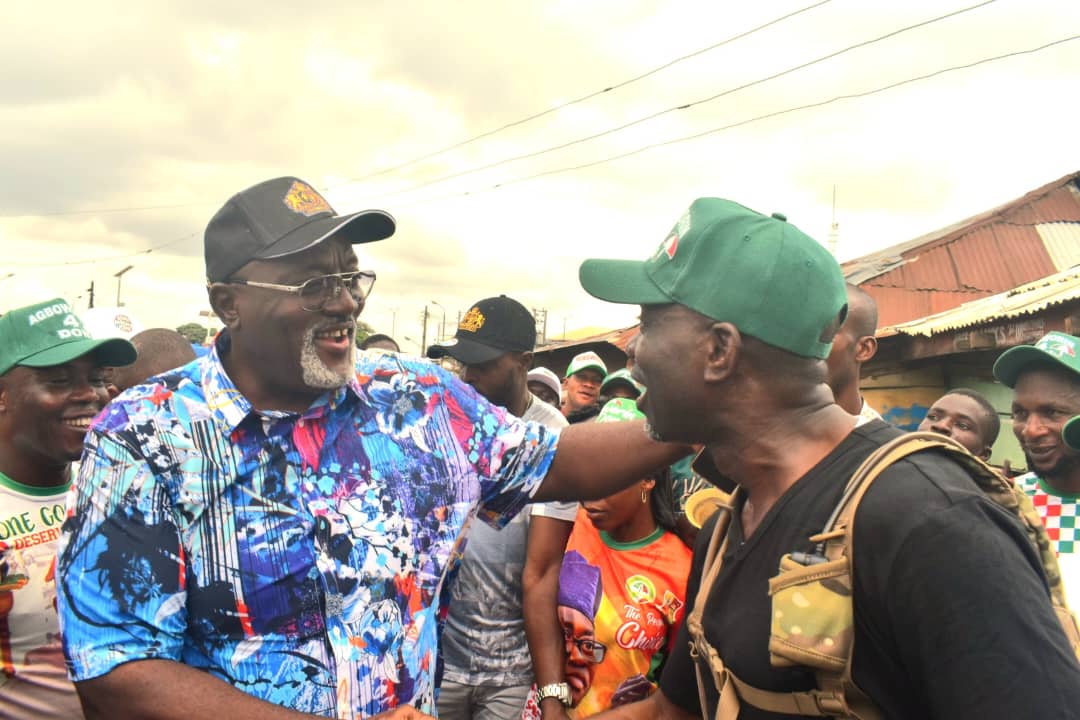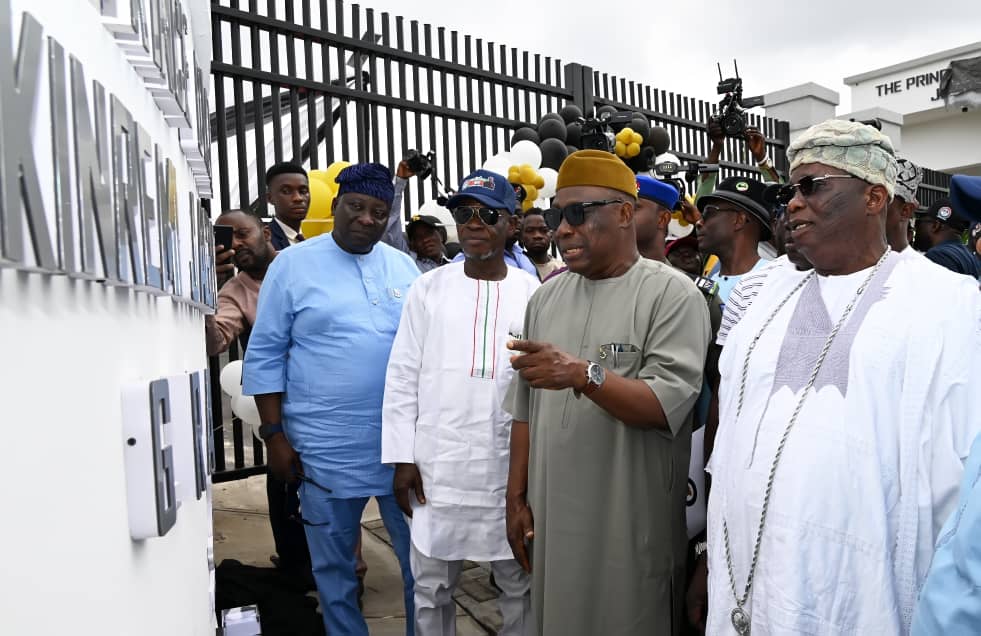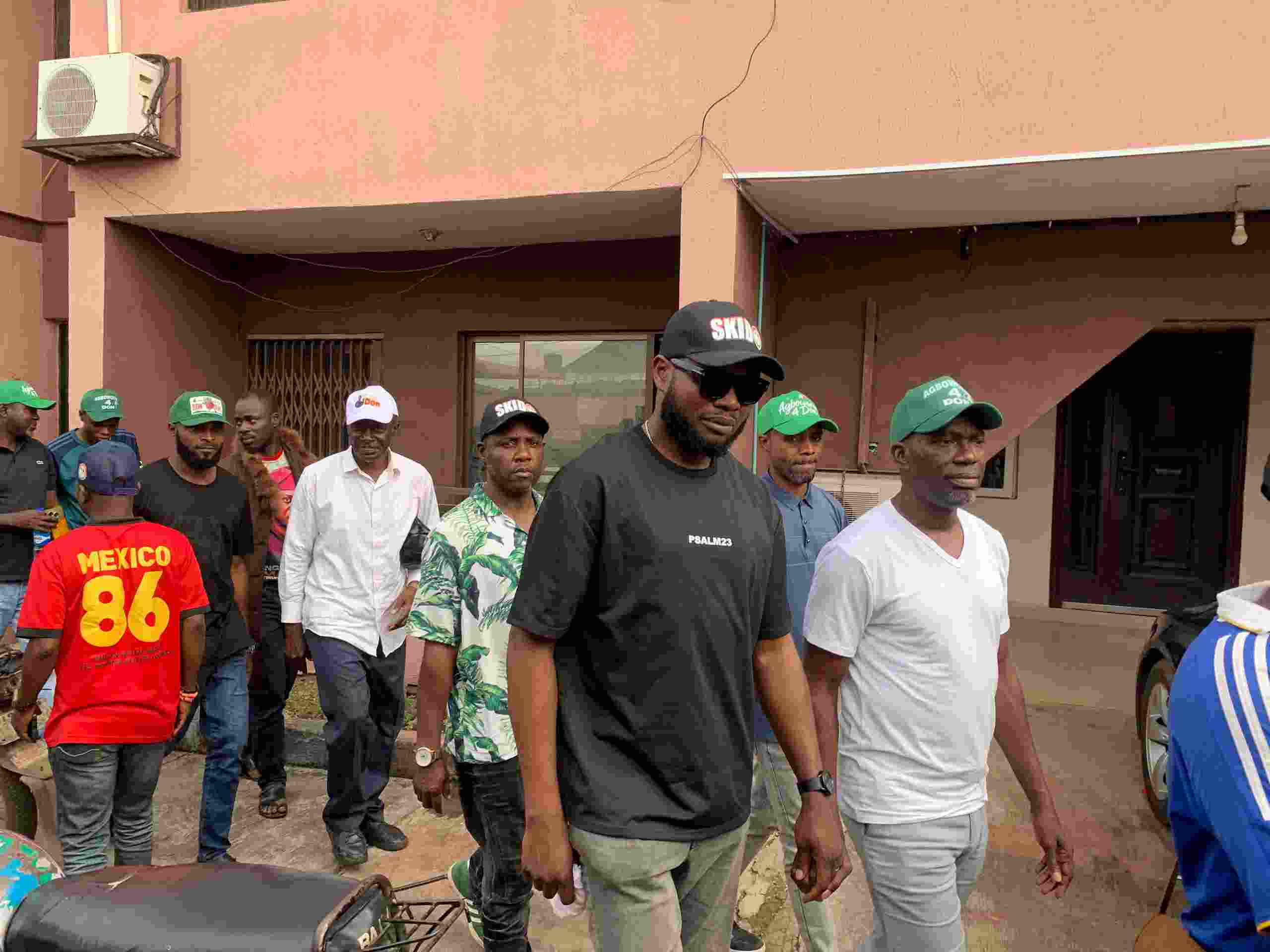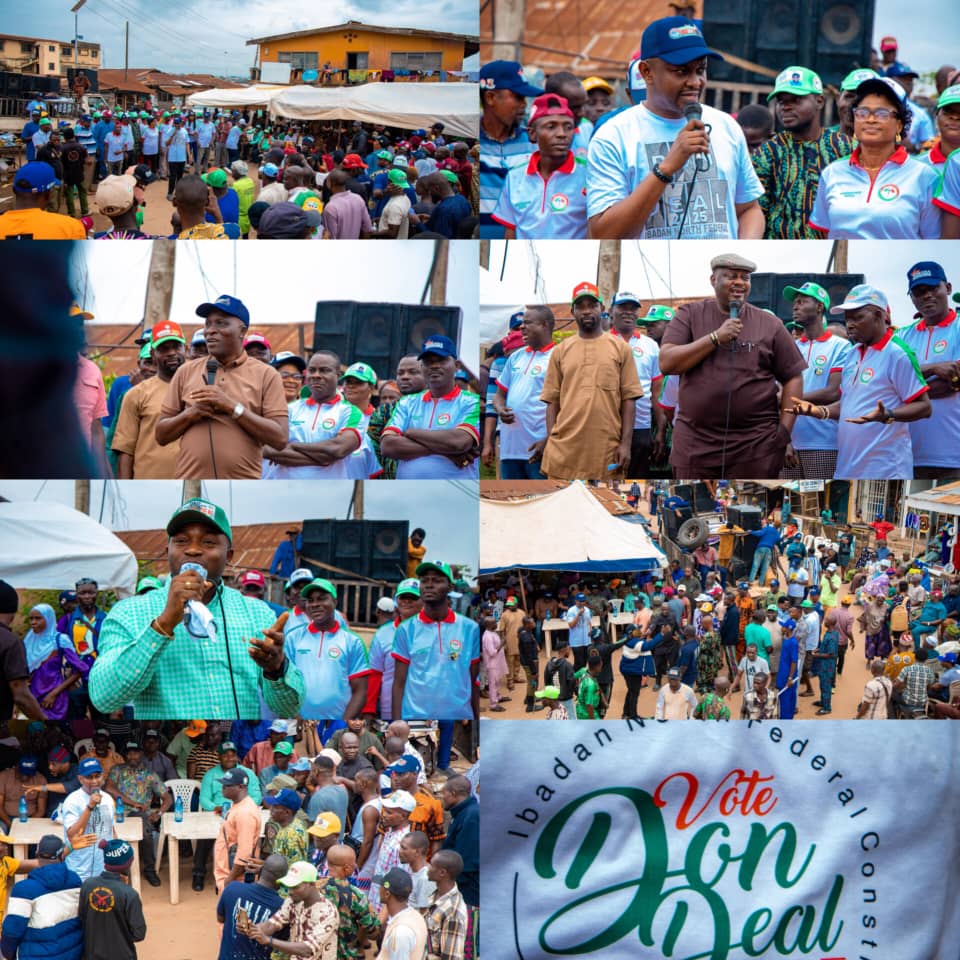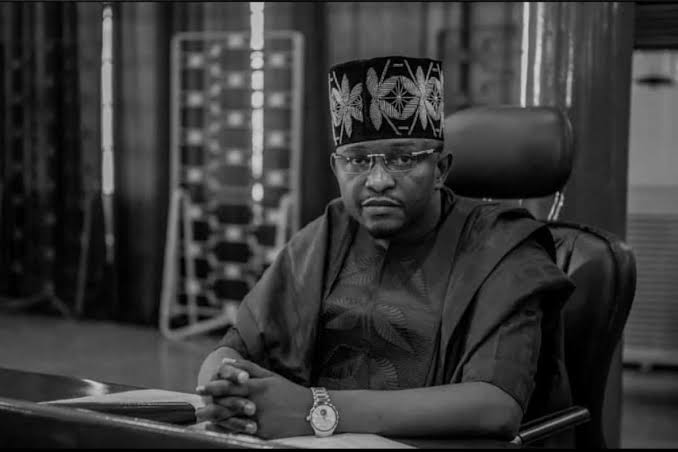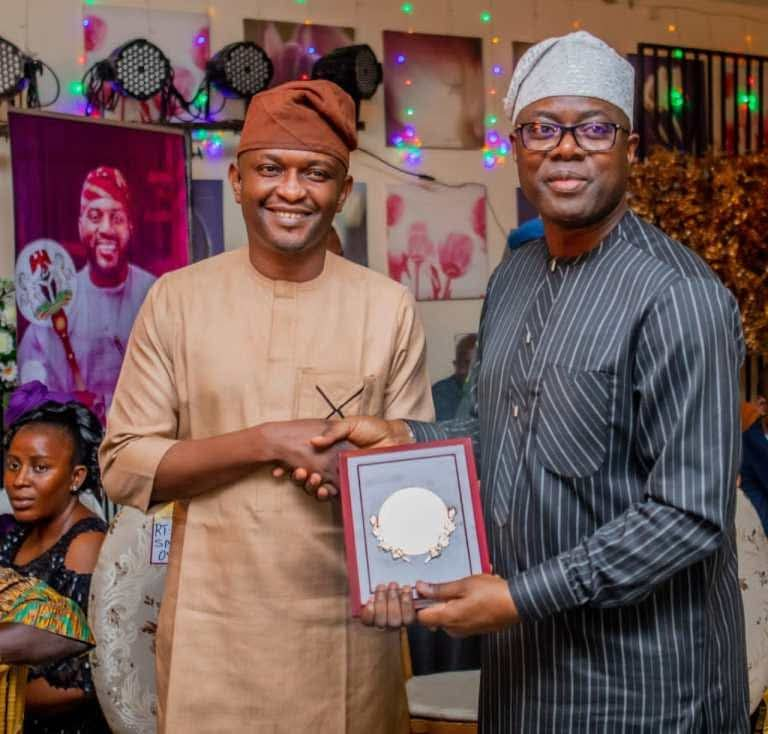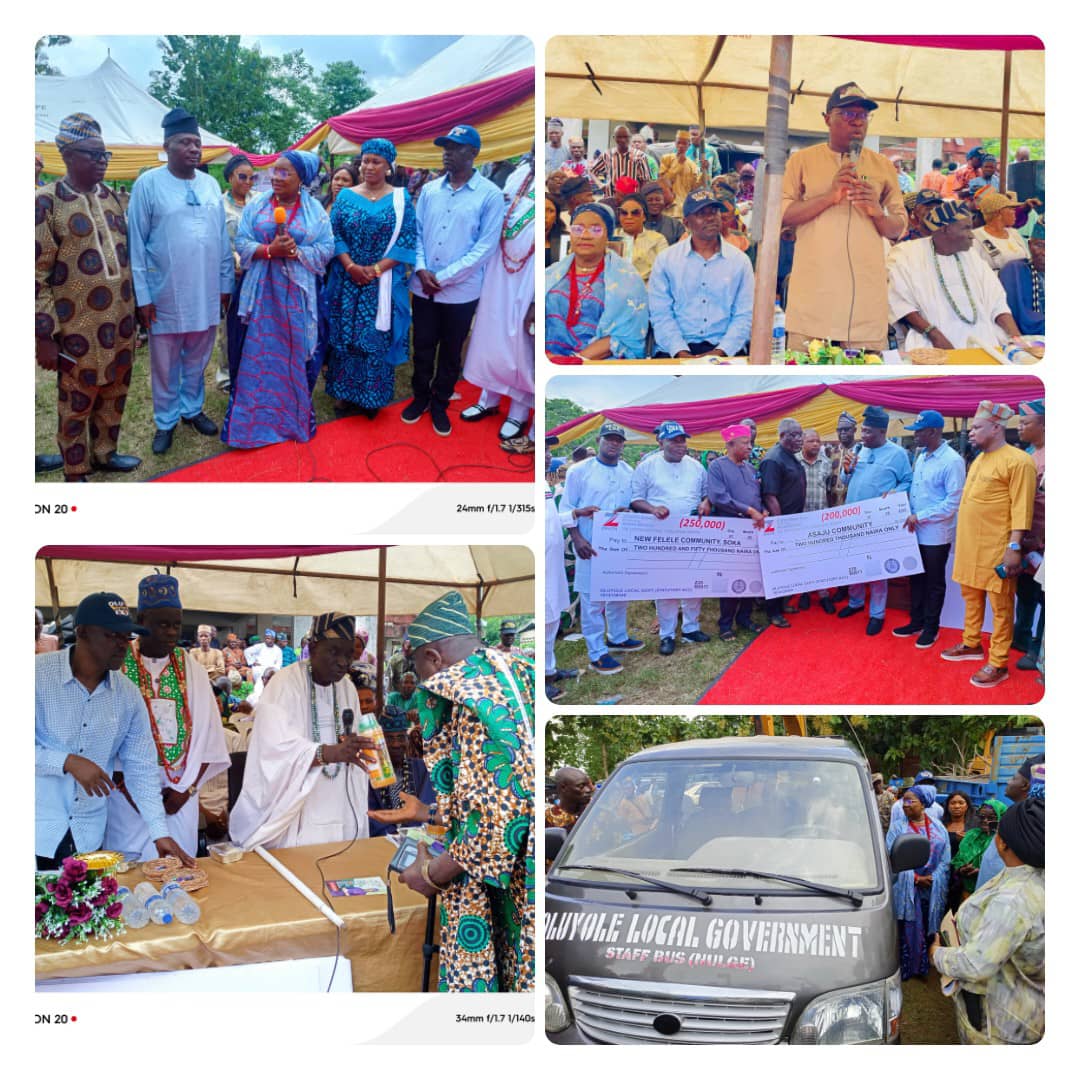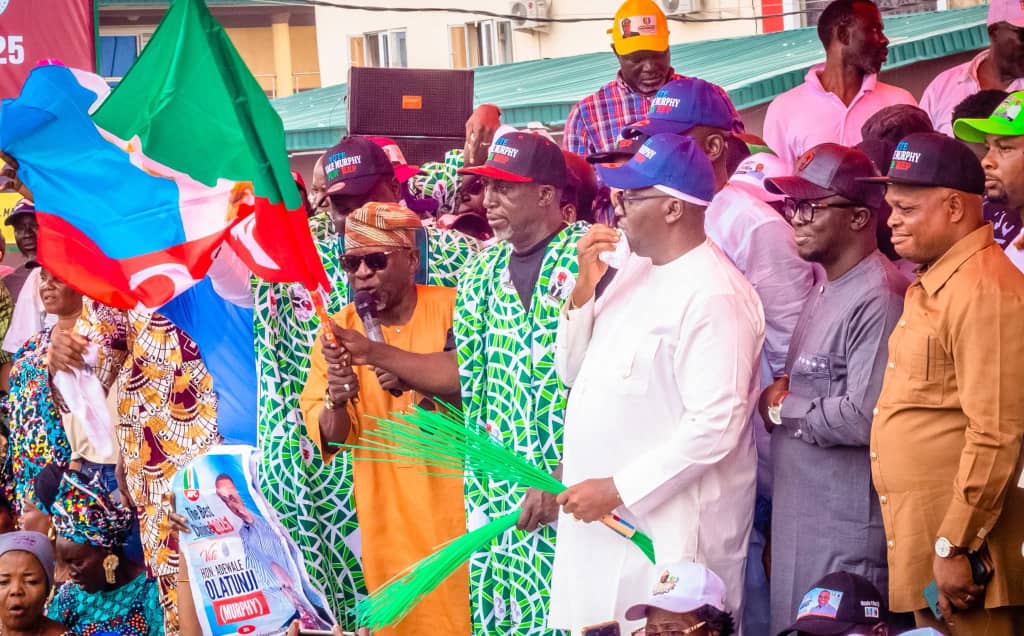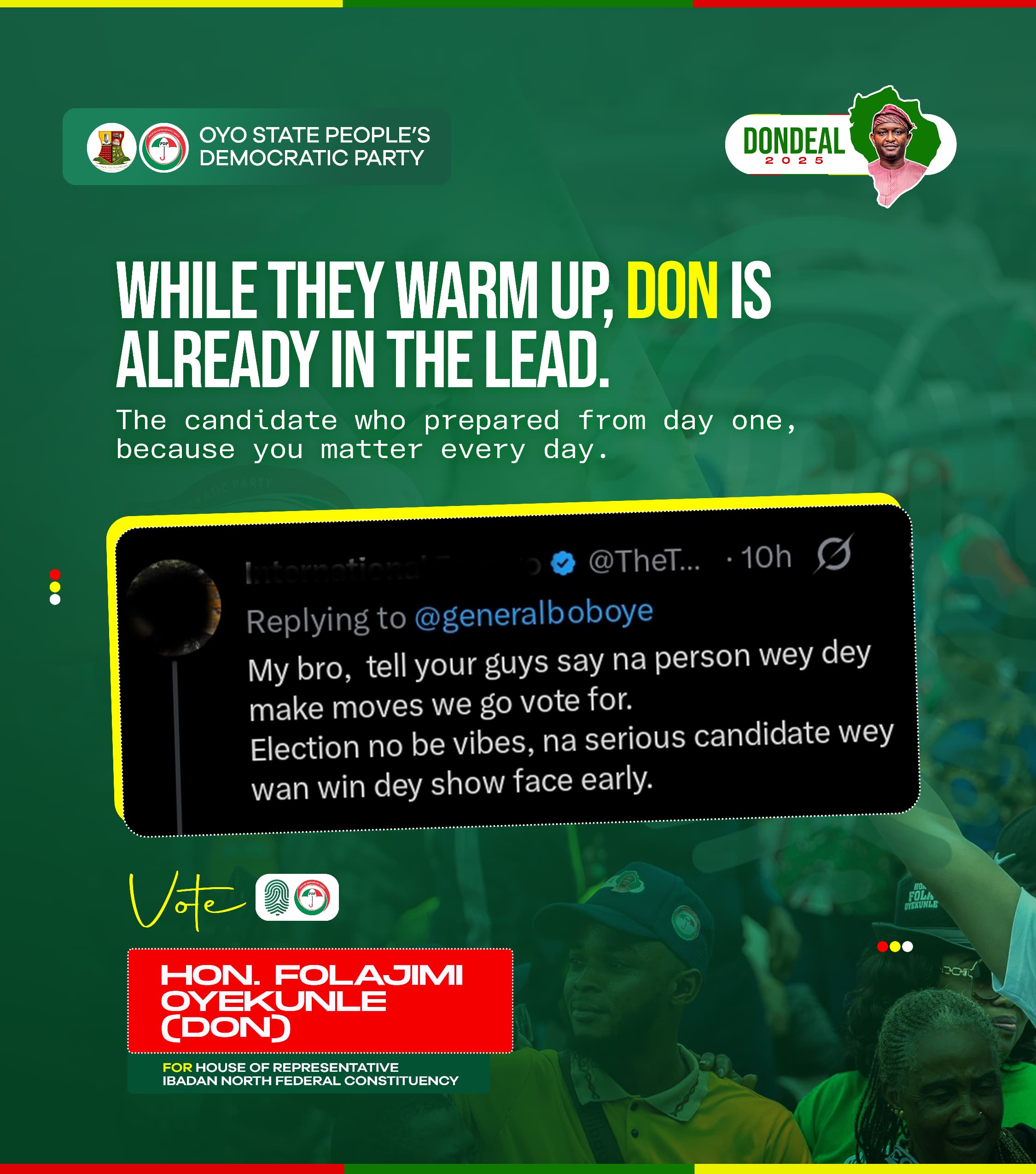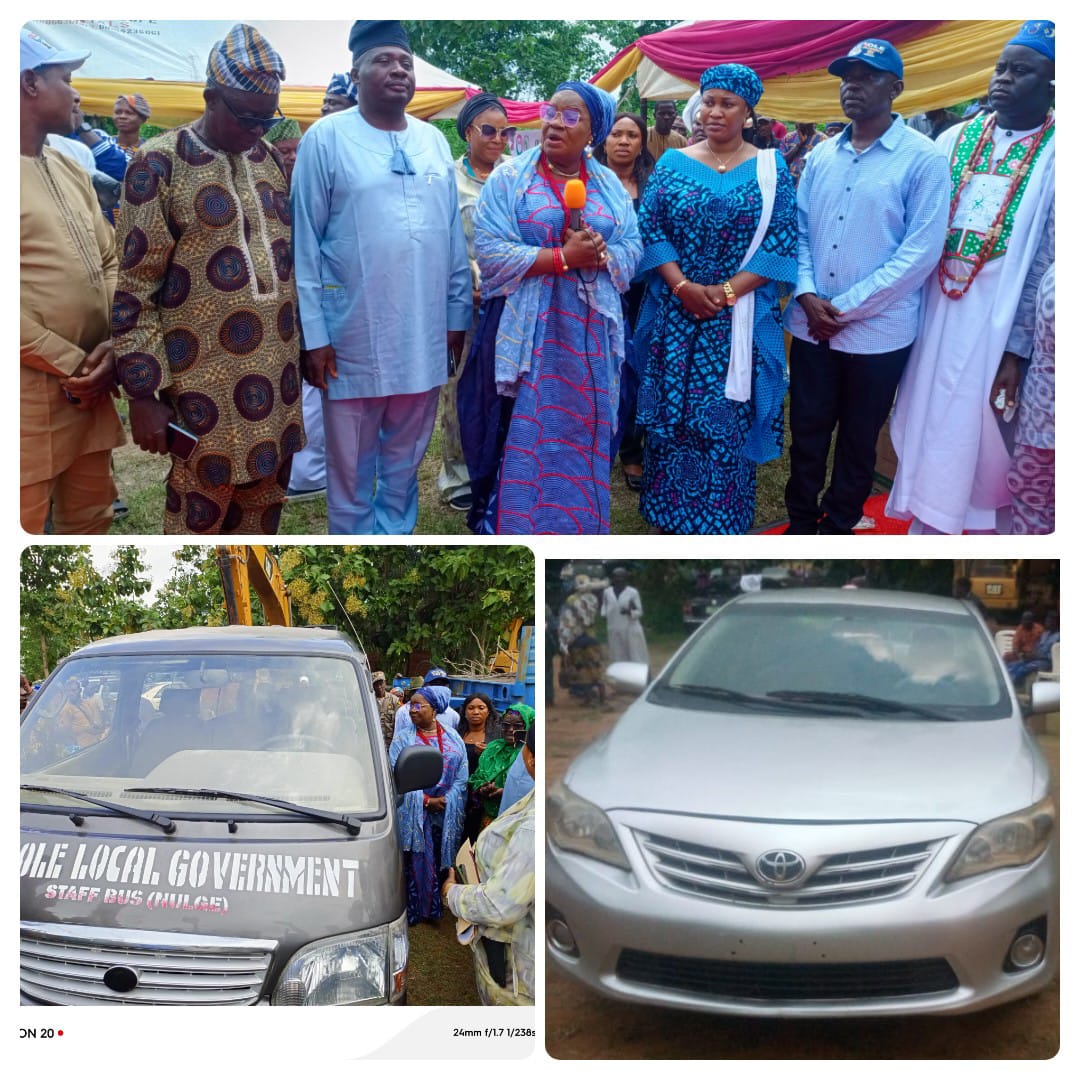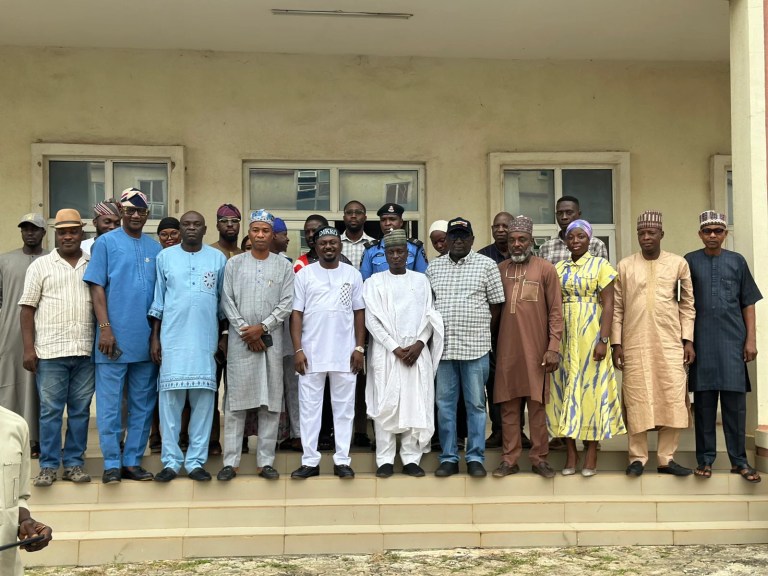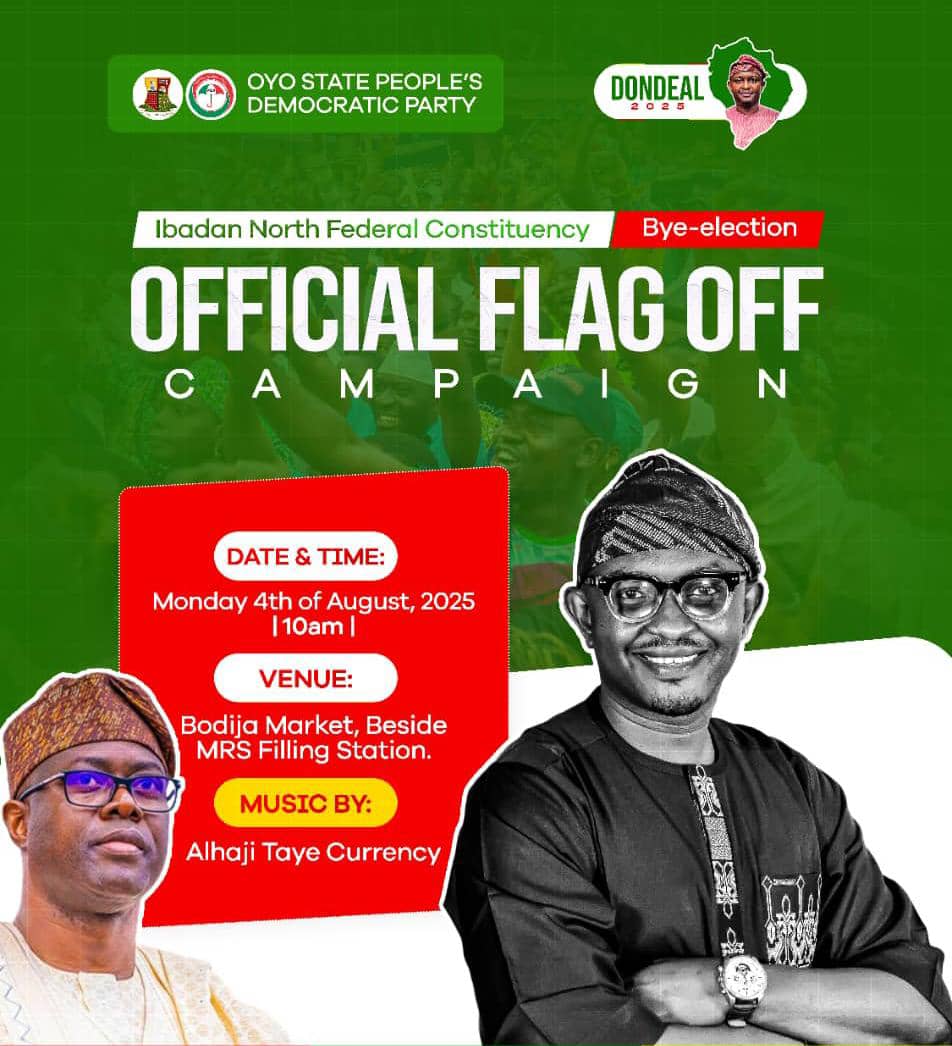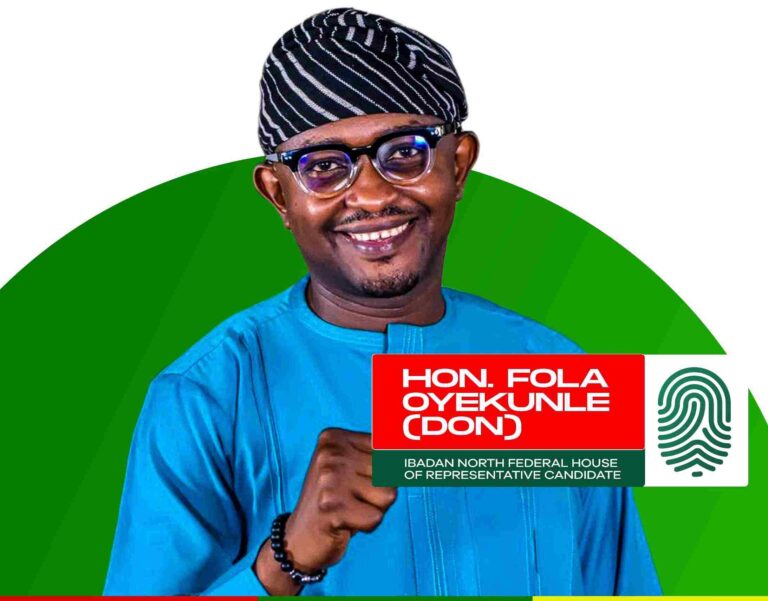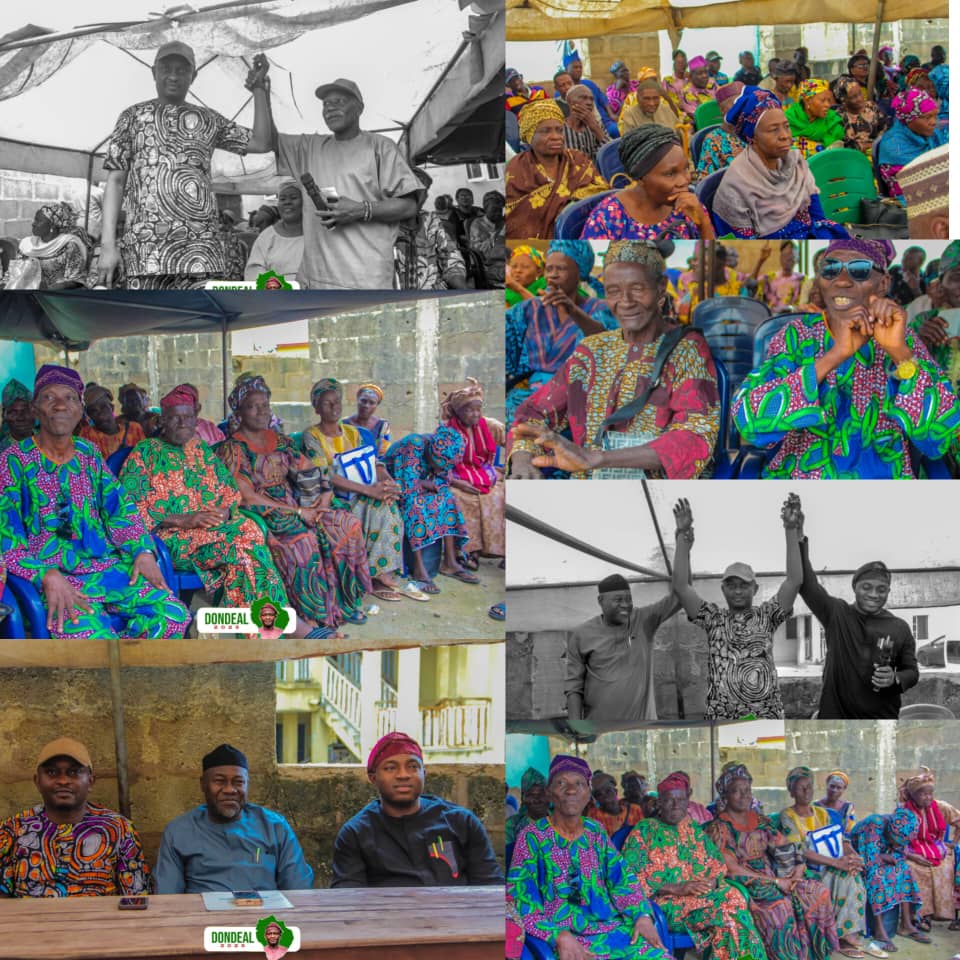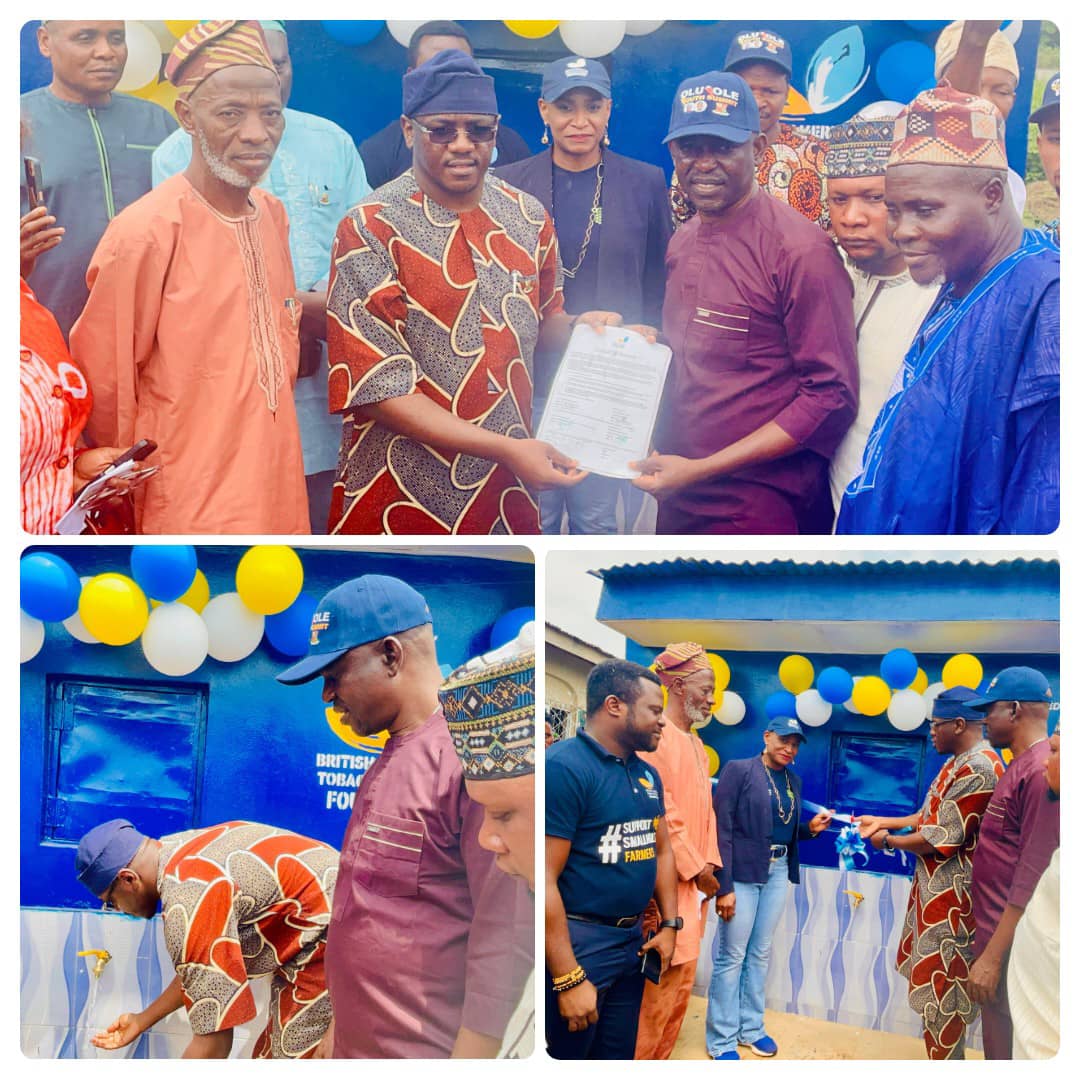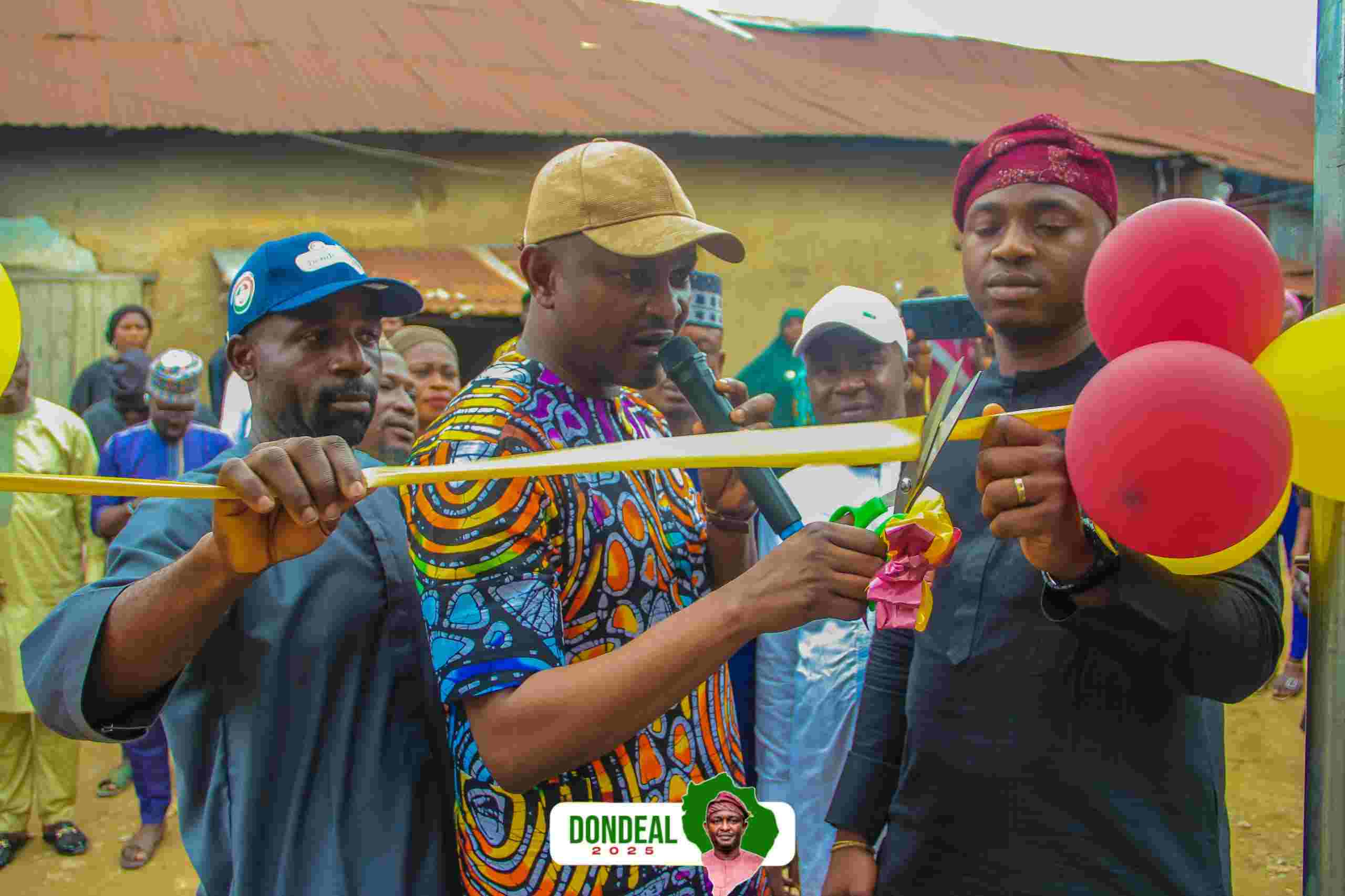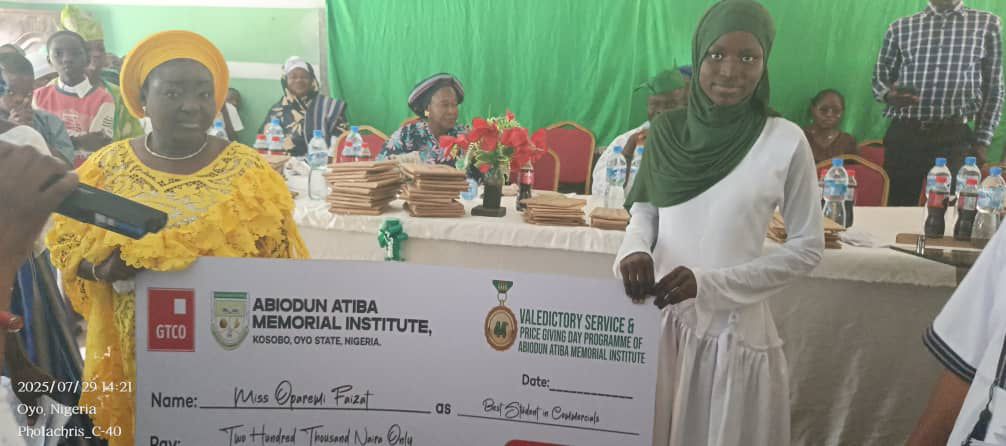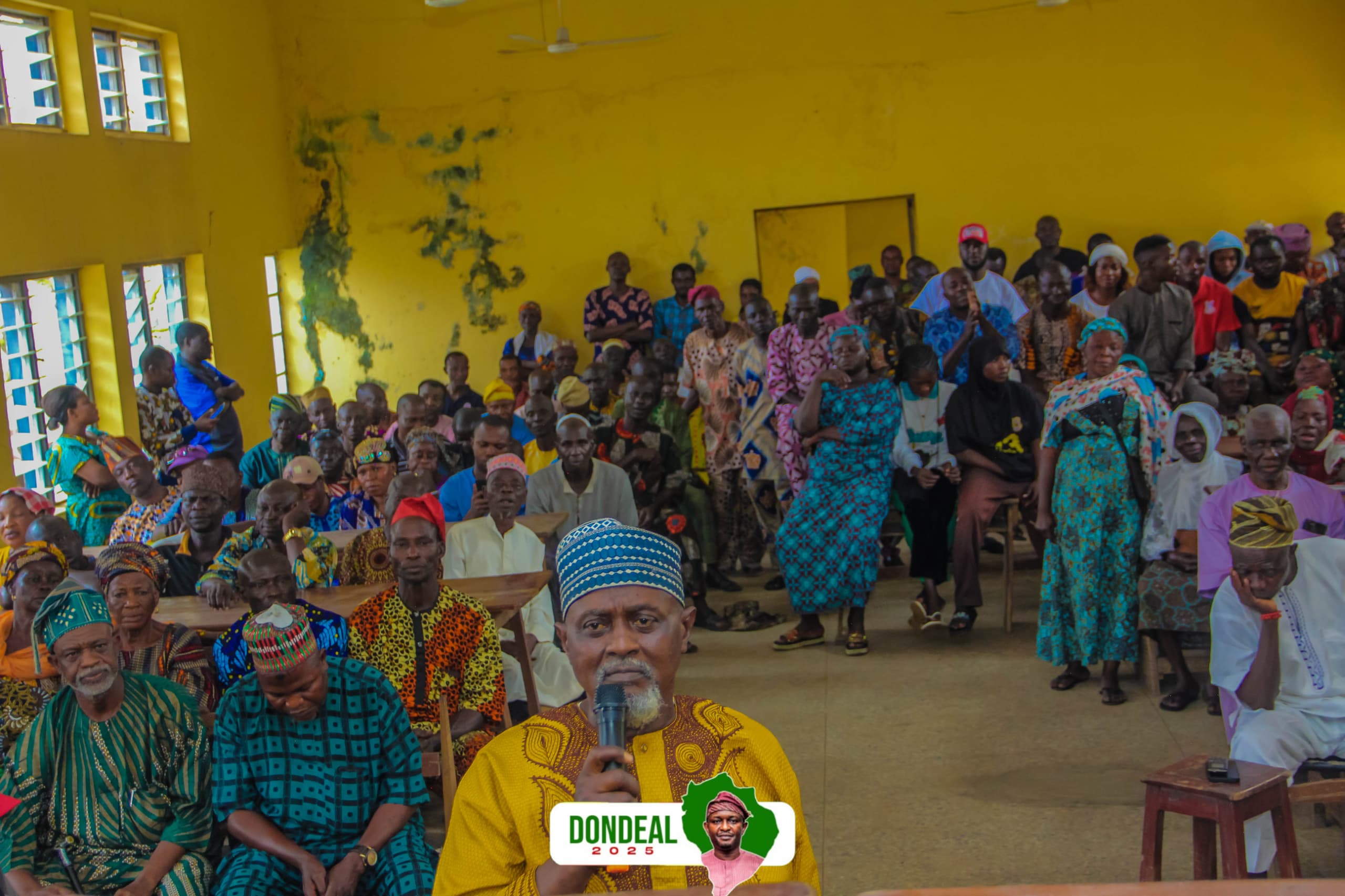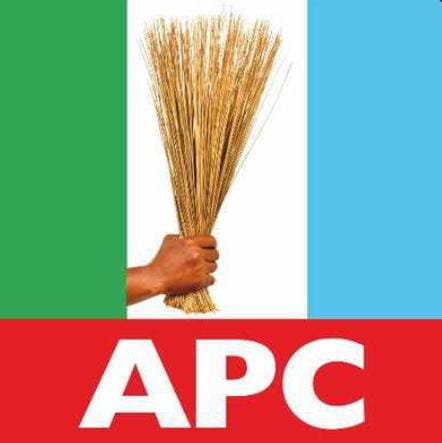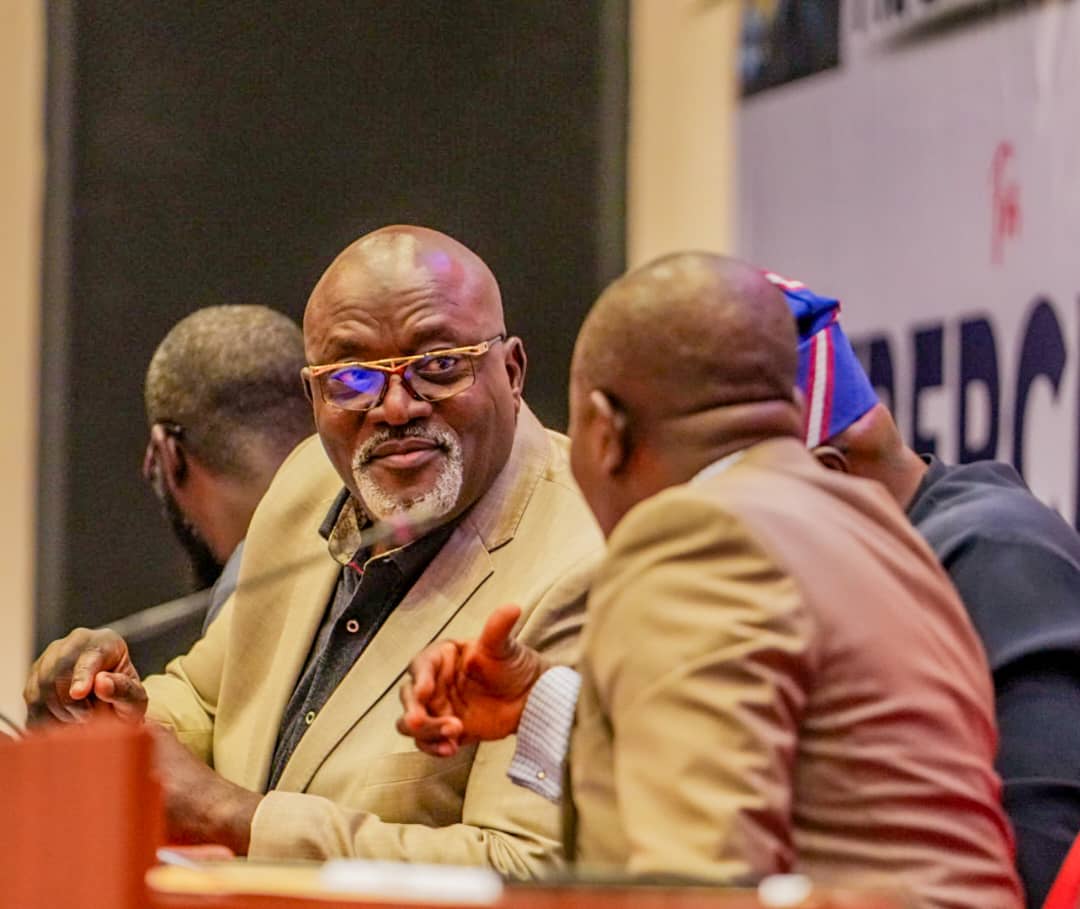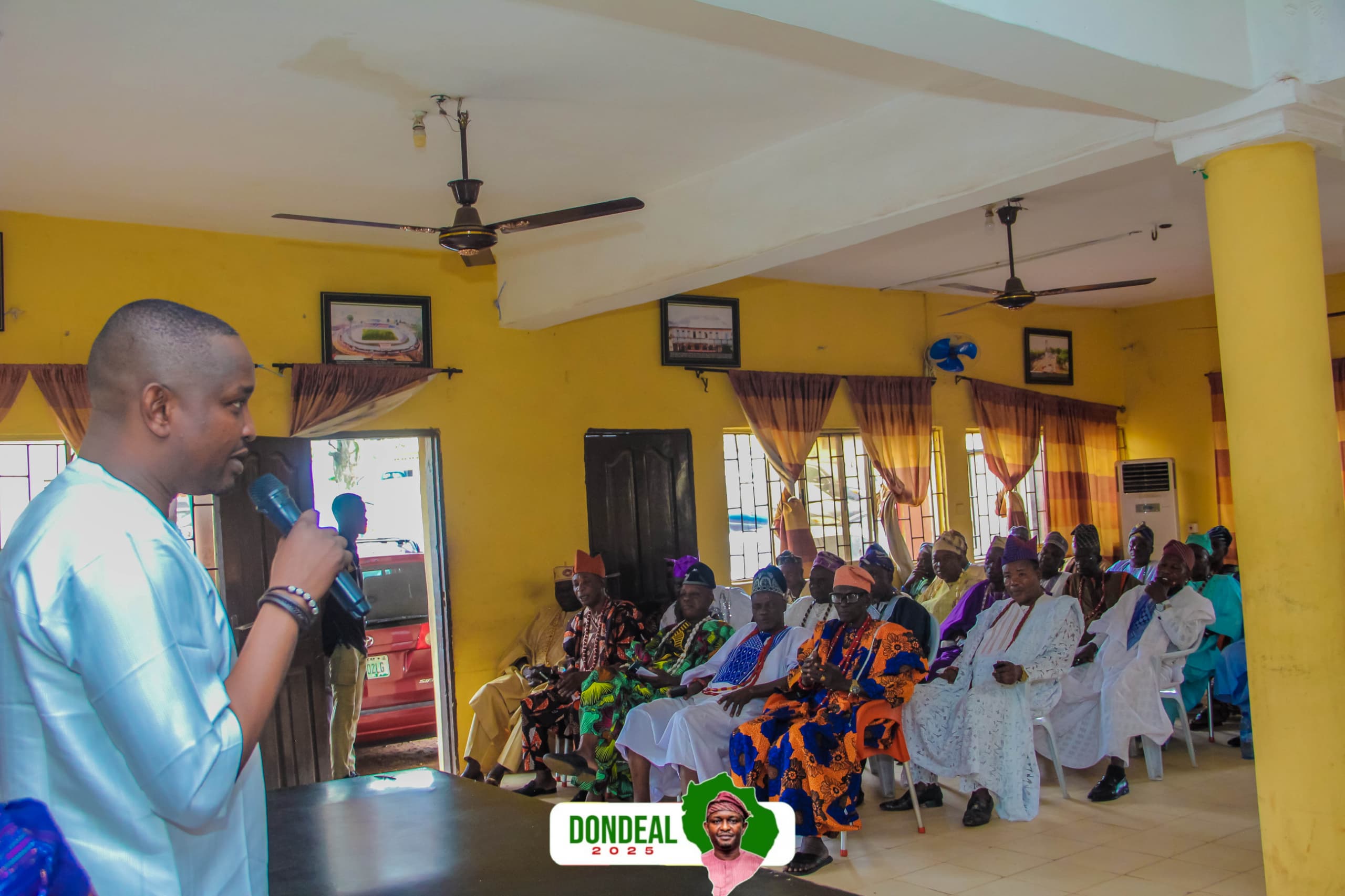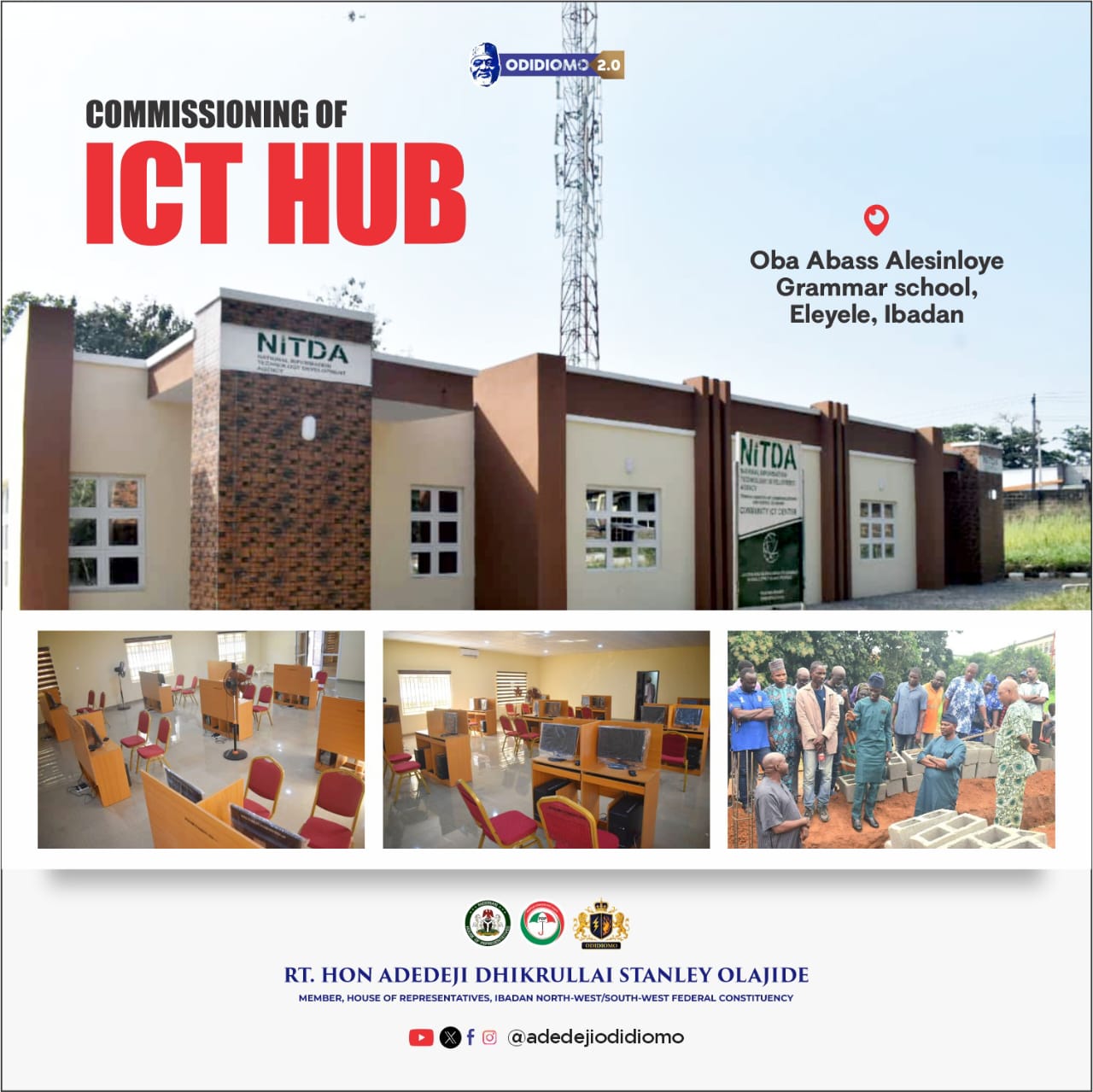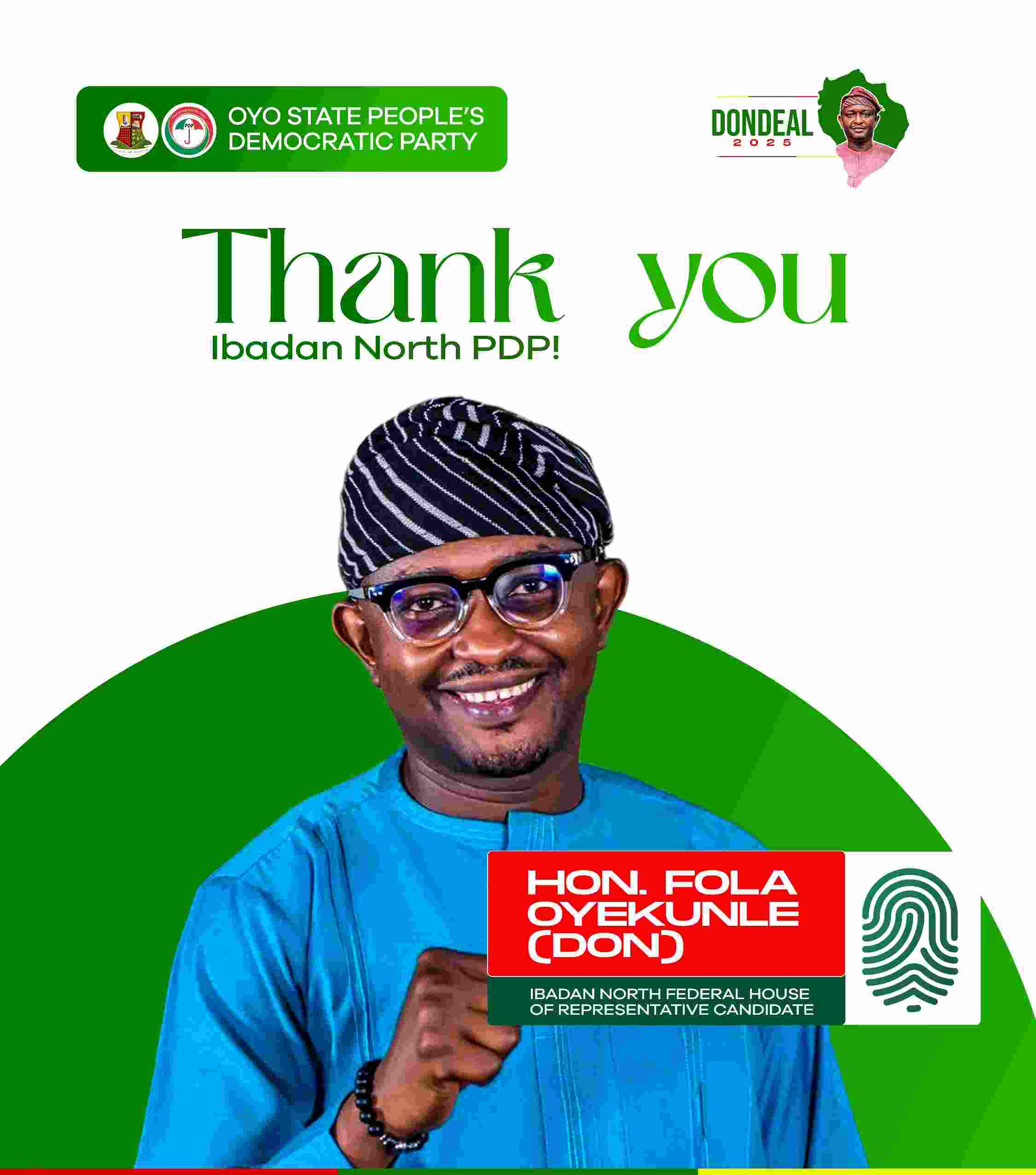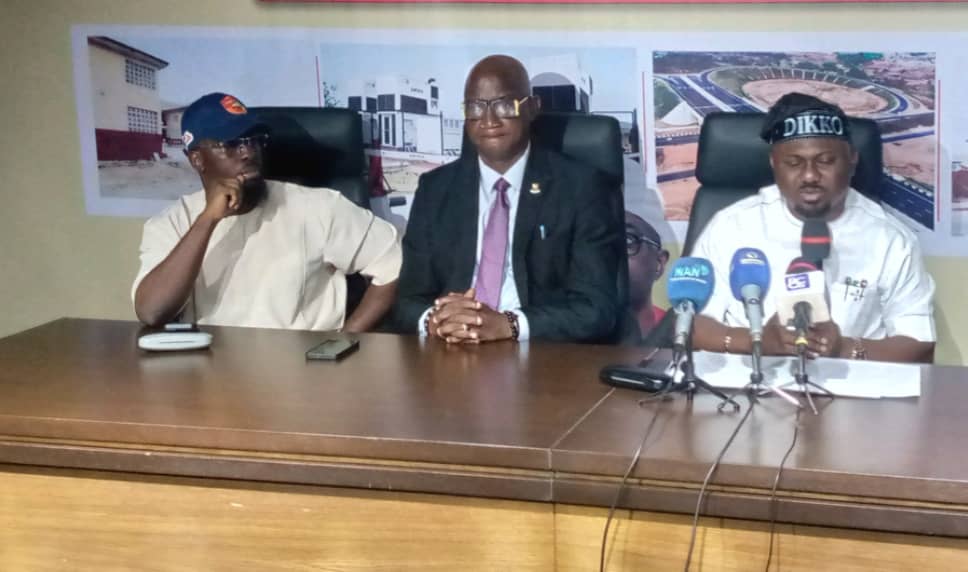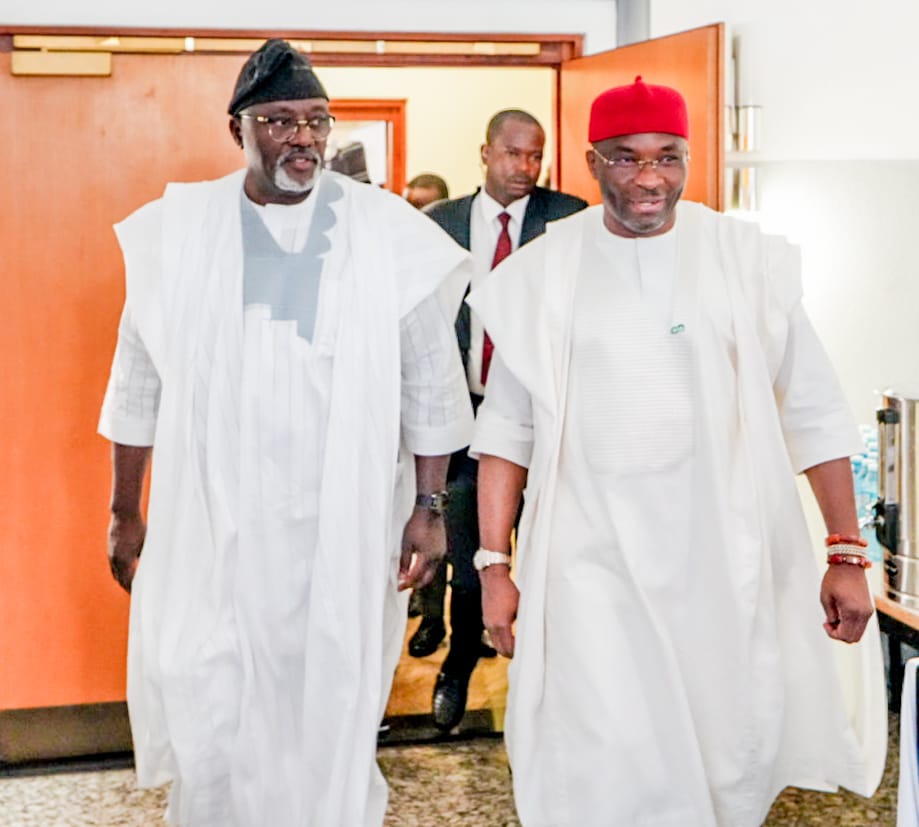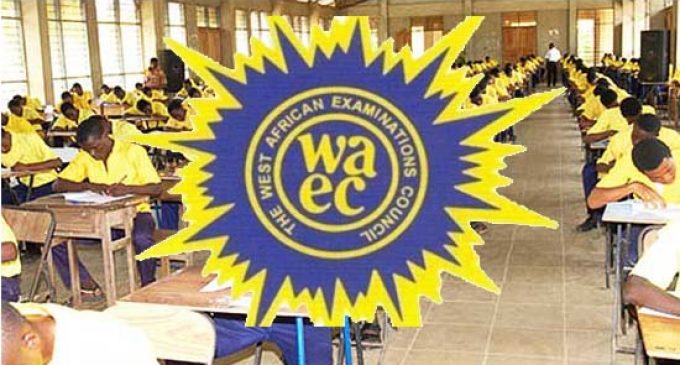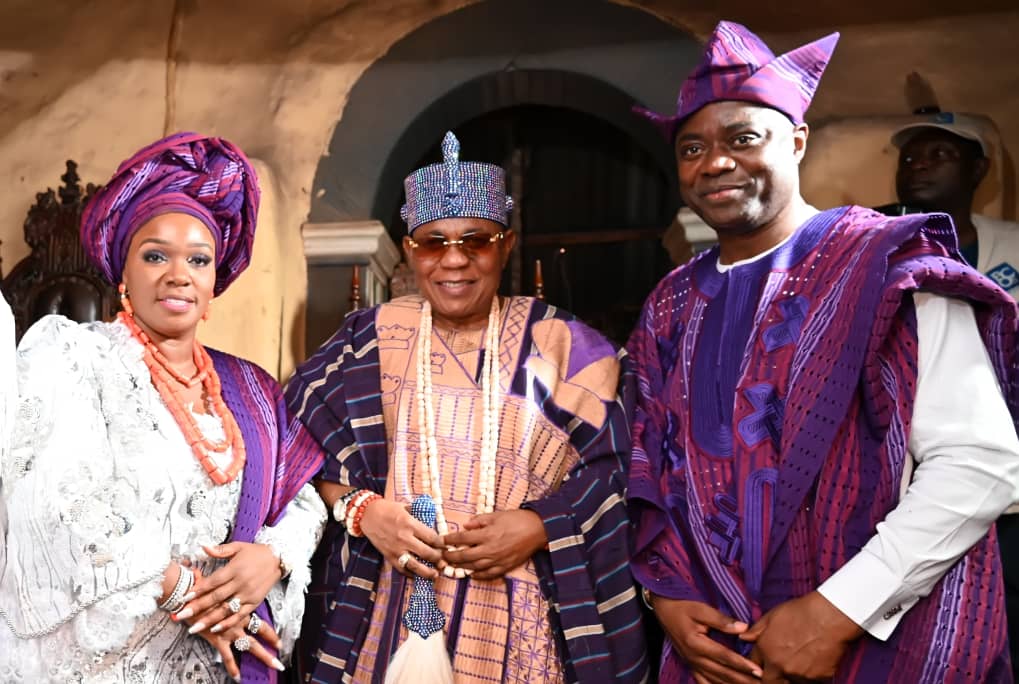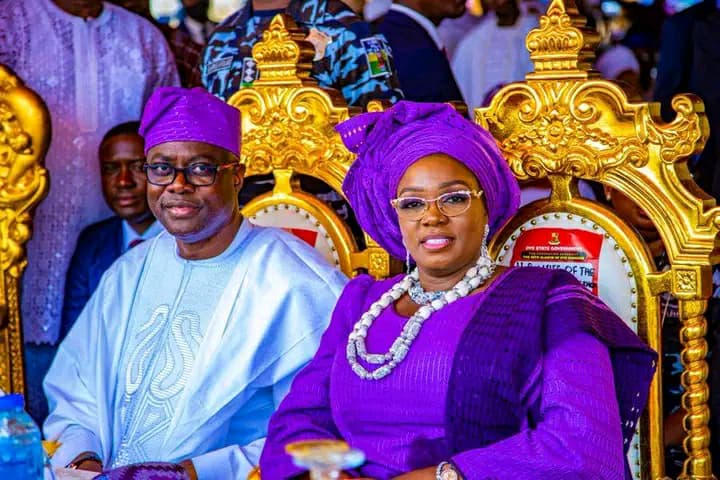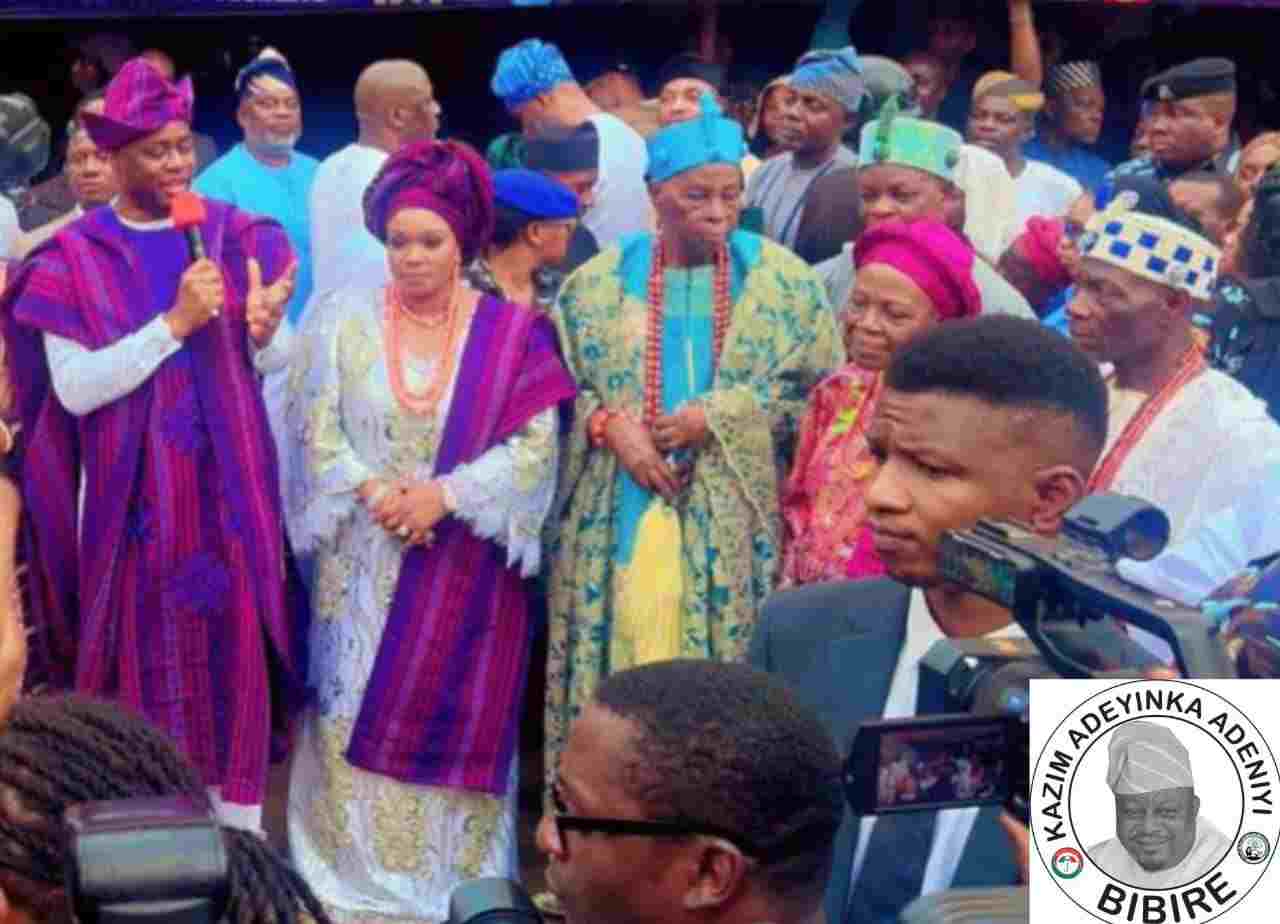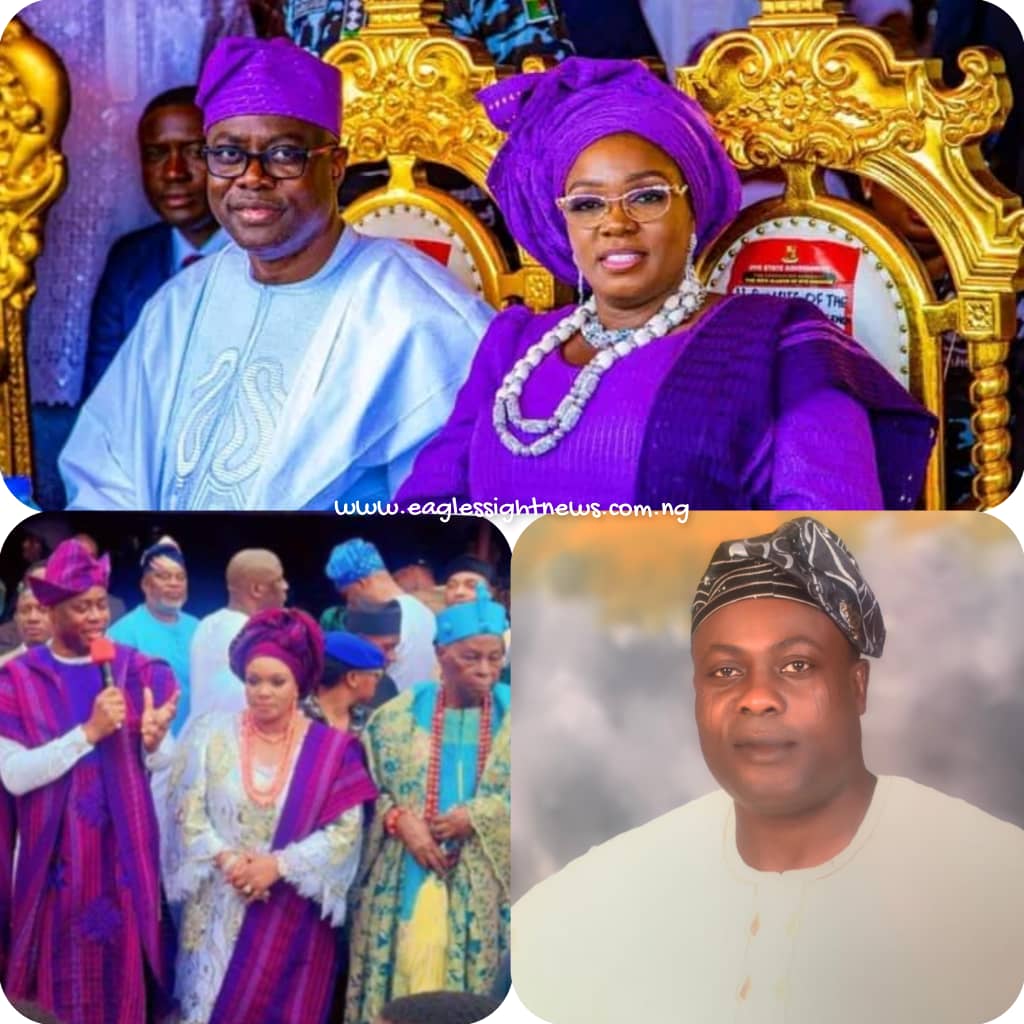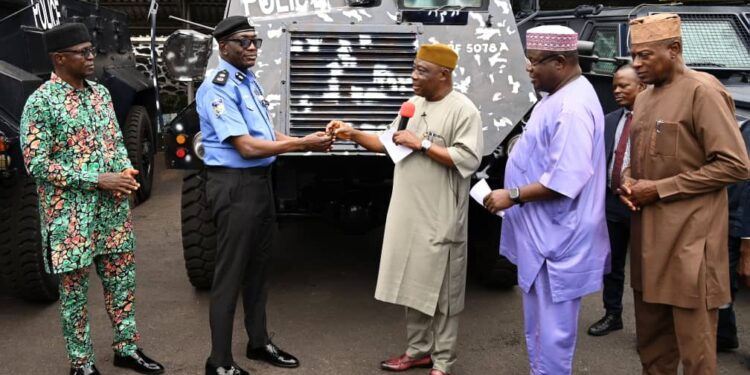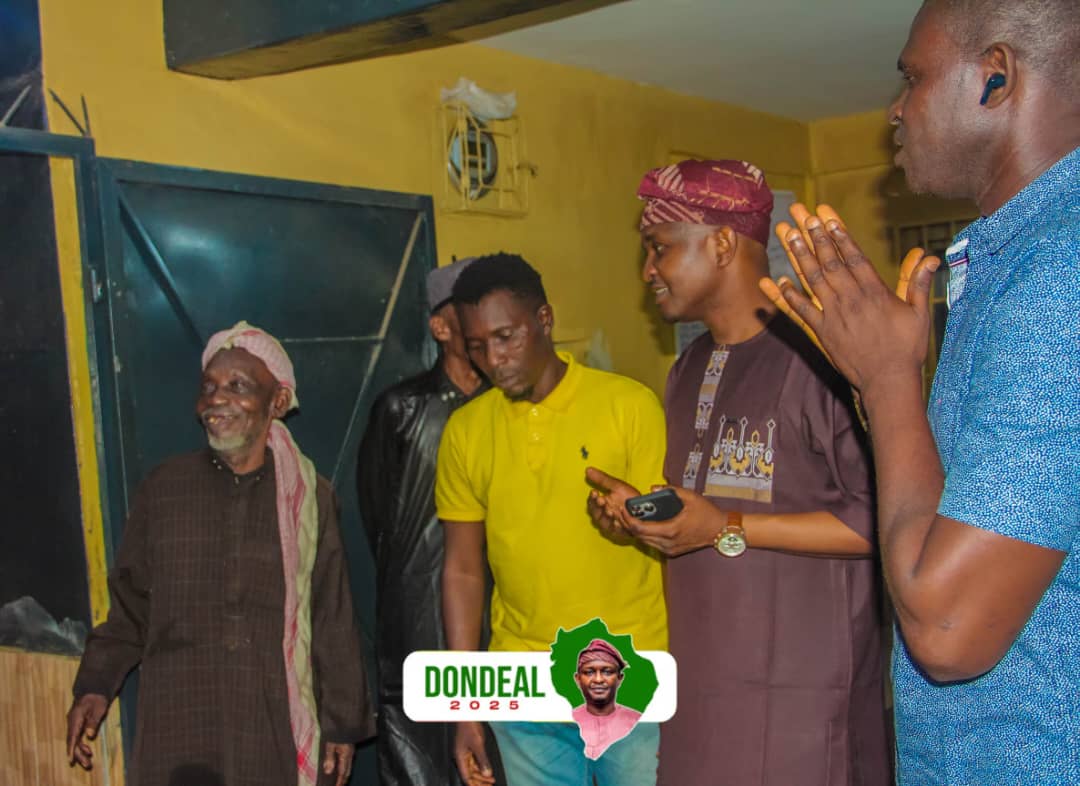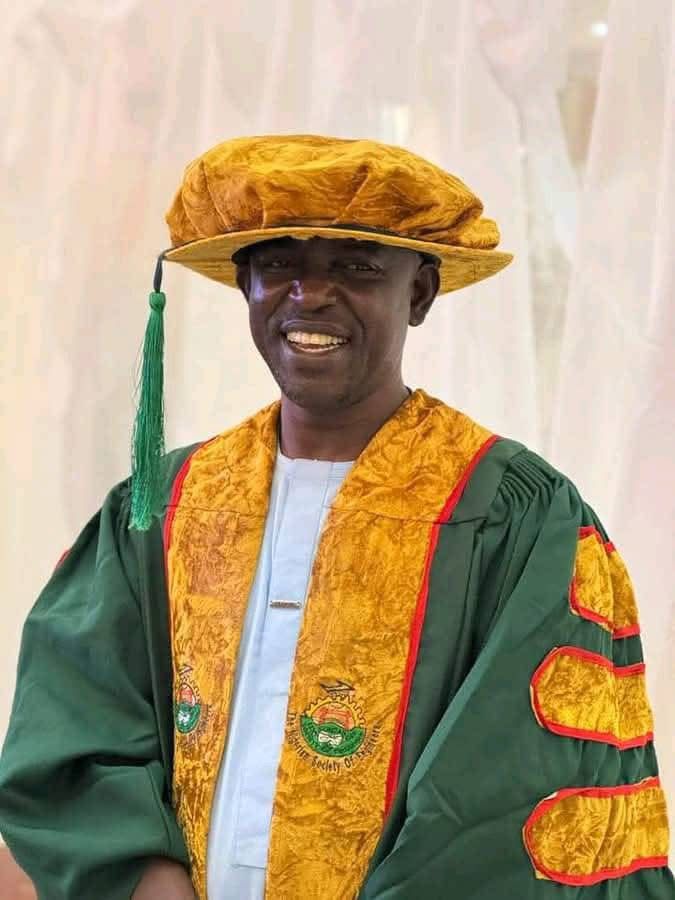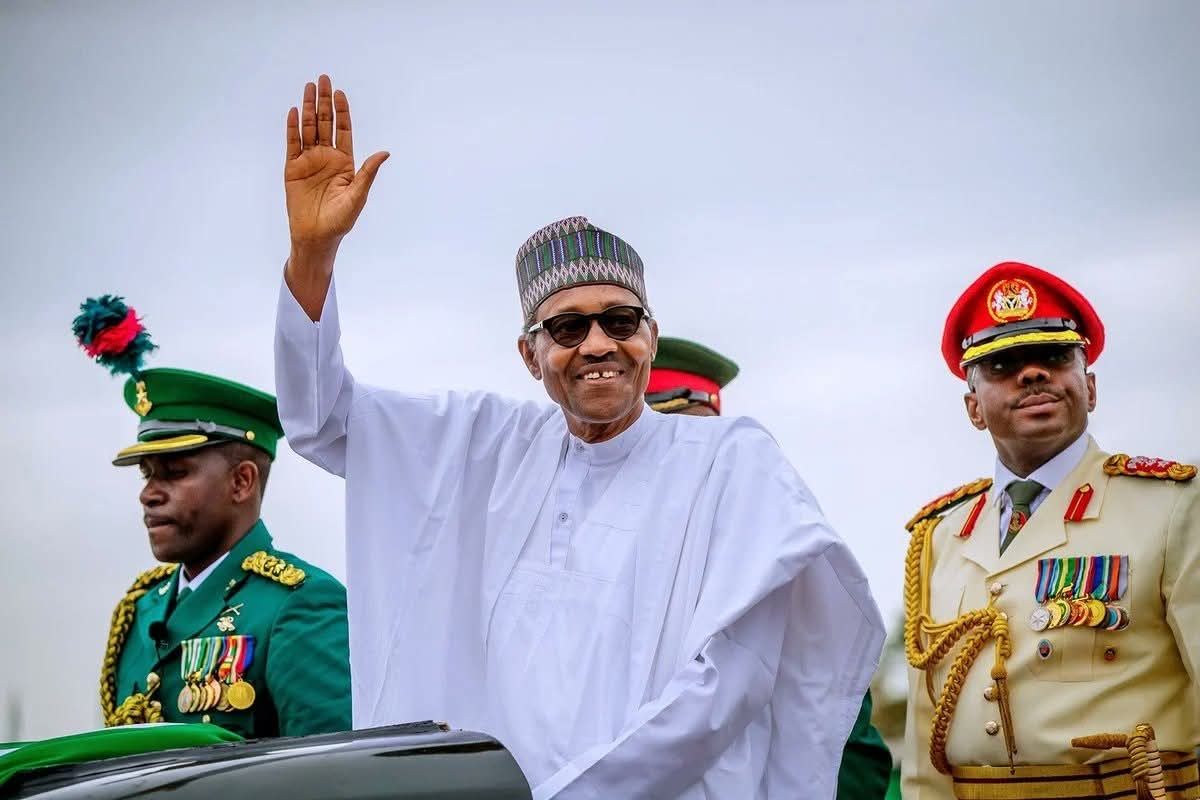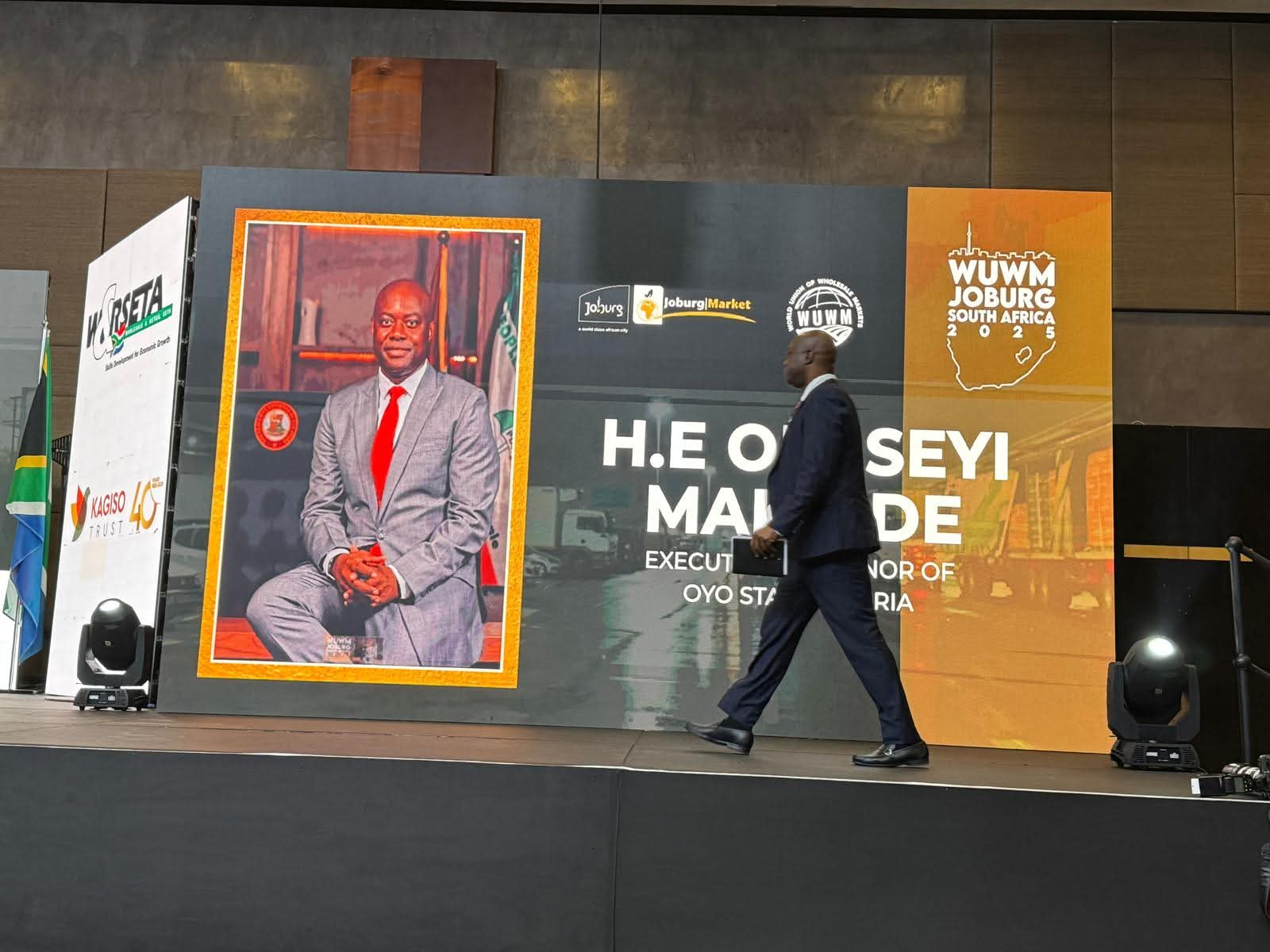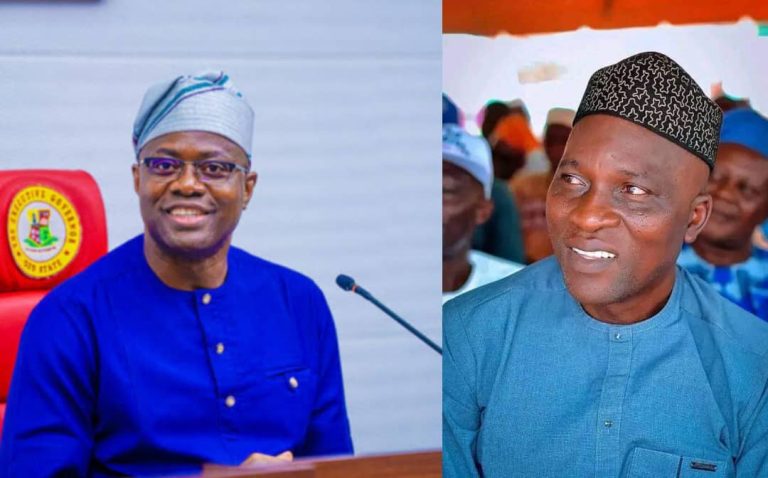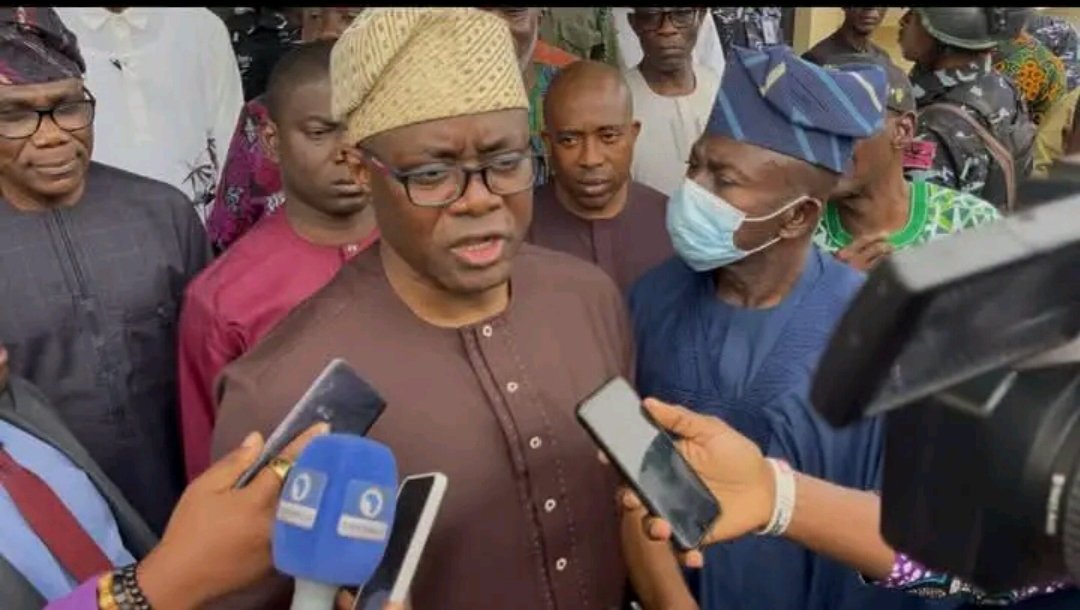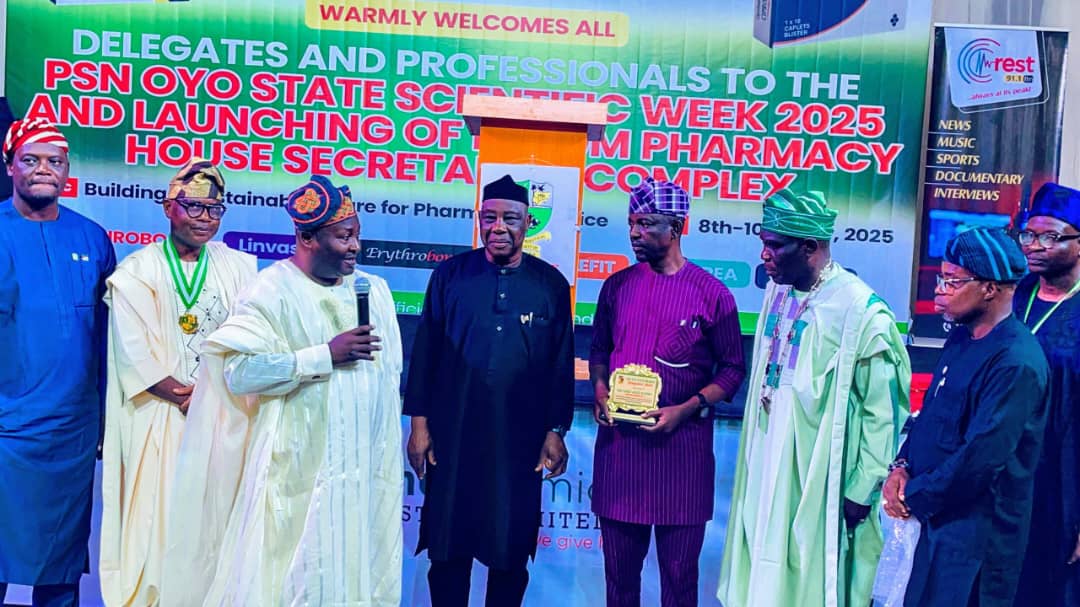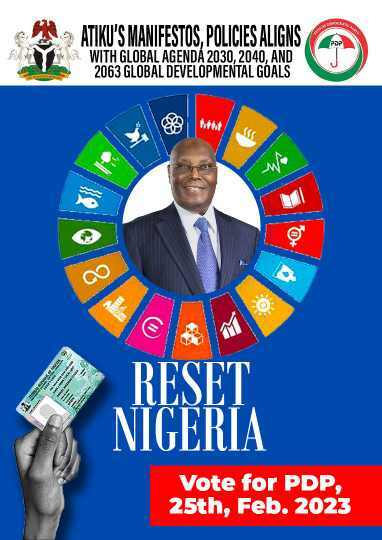Atiku’s Manifesto, Policies Align With UN- SDGs 2030, 2040, 2063 Global Agenda Developmental Goals – Hon Kunle Yusuff MON
Atiku’s Manifesto, Policies Align With UN- SDGs 2030, 2040, 2063 Global Agenda Developmental Goals – Hon Kunle Yusuff MON
The Atiku manifestos and conceptualization of his ‘RESET Nigeria’ working document can be seen as being in complete alignment with SDGs 2030 Agenda, Africa Union 2040 Children Agenda as well as 2063 Africa Agenda.
This manifesto also speaks to and agrees with the Agenda of COP 27 on Climate Change financing, Adoption, Loss and Damage, and Global Stoke-take. His political administrative working documents on Social Development policy, particularly with regard to Internally Displaced Persons (IDP), are also observed to be in accordance with UN guiding principles.
Technically, his policies on Climate Change aim to promote Climate Smart Technology solutions to issues in Nigeria when elected as President come 2023.
An assessment of the AU Agenda 2040 reveals that it expands on the aspect of Agenda 2063 relating to children and accelerates efforts to implement the African children’s Charter. The aim of the charter is to restore the dignity of African children and improve their lives and culture, it was adopted in 2016.
The Sustainable Development Goals (SDG’s) however aims to transform our world, SDGs is a call to action to end poverty and promote equity, protects the planet and ensure that citizens enjoy good Health, Justice and Prosperity using 17 Global Goals, 169 Targets and 231 unique indicators. In other words, Global Agenda 2030 is leaving no one behind on Developments that has to do with both present and future generations. Agenda 2063 is a strategic framework for socio-economic transformation of the continent over the next 50 years, it is built on and seeks to accelerate the implementation of the past and existing continental initiatives for growth and sustainable Development.
Agenda 2063 was adopted on the 15th of January 2013 by 24 African Union member states representatives in Addis-Abba, Ethiopia.
Atiku Abubakar’s manifesto concisely tackles aspects relating to children on SDG’s, Poverty (Goal 1), Hunger (Goal 2), Health (Goal 3), Education (Goal 4), Gender Equality (Goal 5), Climate Change (Goal 13), or violence against Children (16.2). The Atiku RESET models also proffer both technical and administrative solutions to the currently estimated 20 million children that are presently out of school in Nigeria according to the United Nations Educational Scientific and Cultural Organization (UNESCO). Building Economy of our dream for Poverty and Economic Development policy documents of ATIKU is in the line with Goal 8 (Promote sustained, inclusive and sustainable economic growth, full and productive employment with decent work for all) with emphasis on 8.2, 8.3 and 8.4, Goal 17 (Revitalizations of Partnership for Development) with Target 17.17. as well as Goal 9, Target 9.1, 9.2 and 9.4. Atiku manifesto on job creation, Human Capital Development and innovation programs completely align with Goal 8 (Decent Work and Economic Growth), Goal 10 (Inequality Reductions), Goal 11 (Sustainable Cities and Community Developments) and Goal 17 of SDG’s Global Agenda 2030.
Atiku’s manifesto on National Security Policy thrust is based on good Governance, Visionary Leadership and Political inclusiveness. This will lead to a reduction in citizenry frustration thereby eliminating the compulsion to take up arms against fellow countrymen. He has given priority to restoration of Nigeria’s confidence (as one indissoluble, ethnically diverse but strong Nation) to protect herself and secure Socio-Economic Development using SDGs Goal 1 (No Poverty in the Land), Goal 10 (Reduce Inequalities), Goal 11 (Make cities and human settlements inclusive, safe, resilient and sustainable) and 16 (Peace, Justice and Strong Institutions).
His manifesto has given priority to both Educational infrastructure and Human Capital Developments with basic understanding of nomadic education in line with UNESCO Educational Policy and SDGs, Goal 4 (ensure inclusive and equitable quality education and promote longtime learning opportunities for Nigerians) using target 4.1.1, 4.2, 4.3, 4.4 and 4.7. On Healthcare delivery, Atiku has assured Nigerians that his government will create and promote an enabling environment for both primary and secondary health development programmes for all.
He further assures that majority of Nigerians will be enrolled into National Health Insurance Scheme to reduce the burden of payment for medical services on individual and families. Atiku Abubakar is fully aware of the climate change predicament in Nigeria, causing floods, affecting agricultural produces and green environment. When elected as President and Commander-In-Chief of Federal Republic of Nigeria, he has promised to empower the ministry of Environment and Humanitarian on the technical initiatives that will enhance the Climate Change Actions that will be guided by the constitution of the Federal Republic of Nigeria and SDG’s Global Agenda 2030.
Fundamentally, none of the Global Developmental Agenda, most especially, SDGs Global Agenda 2030 can be achieved without leadership and political will. Atiku Political Participation over the years continues to generate confidence of most Nigerians by its antecedents, persistence, perseverance and purposefulness within the political space.
He was among the few national gladiators that fought hard for the democracy we are enjoying today.
On this note, kindly permit me to use this opportunity again to respectfully appeal and encourage all the Stakeholders and Development Agents, whose responsibilities are to guarantee sustainability of Democracy, Monitoring of Government Policies, Actions and hold Government accountable and build a bridge between Government and masses (Leaders of various accredited Civil Society’s Organisation’s, Community Based Organisations, Community Development Council Leadership, Opinion Influencers and Field Operation Repporteurs, Professional Body’s and Registered Artisans) in Nigeria to consider and accept Atiku Abubakar, the Presidential Candidate of Peoples Democratic Party as our Candidate.
His Manifesto and RESET Nigeria Policy documents is detailed enough to hold him accountable when elected as president. He is the only one amongst the Presidential Candidates that has the capacity and capability to connect and participate qualitatively in “United Nations High-Level Political Forum, Committee of Social and Humanitarian Friends”. He has existing Diplomatic relationships as well as capacity for favorable renegotiation of our Foreign Debts. Atiku’s Presidency will also influence Global Leaders to accept and support the present Agenda 2050 of the Federal Republic of Nigeria.
Most importantly, Atiku’s Presidency will focus aggressively on the reinvigoration of National Integration, Policies Reappraisal and Rejuvenation of National ethos and promotion of citizens trust and commitment to the Nation. Only a President in the mould of Atiku Abubakar who possess requisite skills in public affairs management at the National level.
Nigeria has moved beyond settling for just anyone with a mere sense of entitlement, not grounded on understanding, capacities, capabilities and strength to be the Commander- In- Chief of Federal Republic of Nigeria.
We all owe Nigeria the responsibility to put our Nation back on a developmental track, with Atiku, Nigeria will rise again!.
Written by Hon. Kunle Yusuff, MON- Chairman, Concerned Initiatives for Community and Social Development – CICSD and Acting DG, South- West Council of Political Technocrats- SWCPTs.

